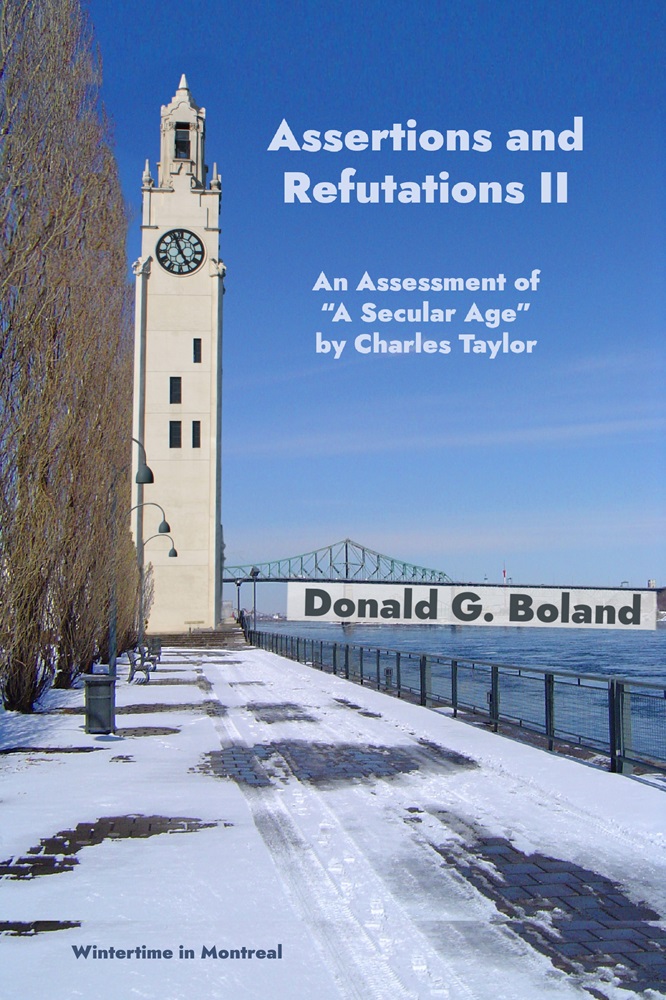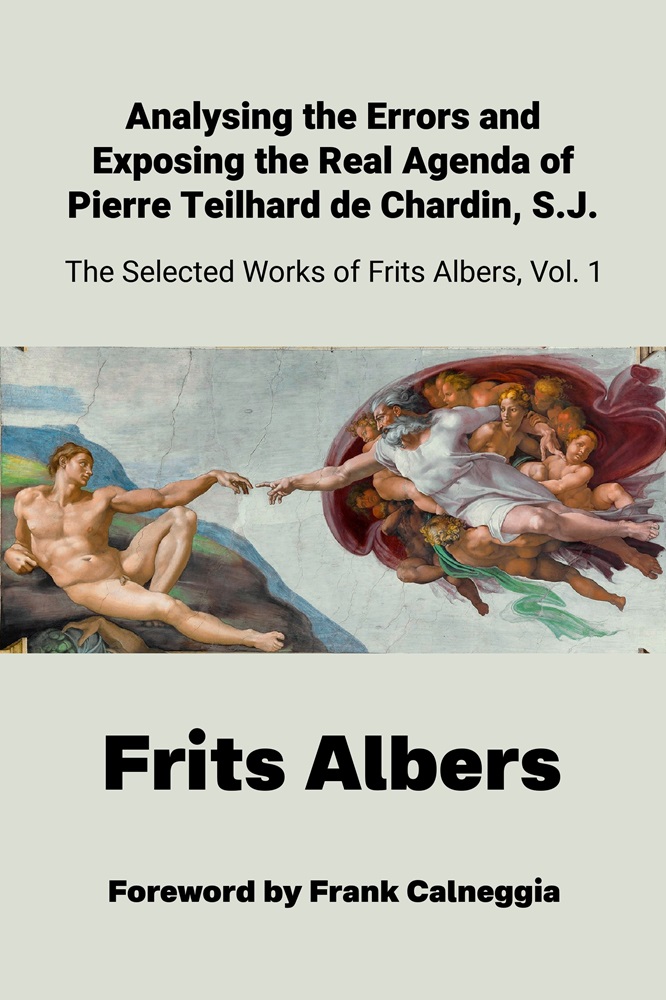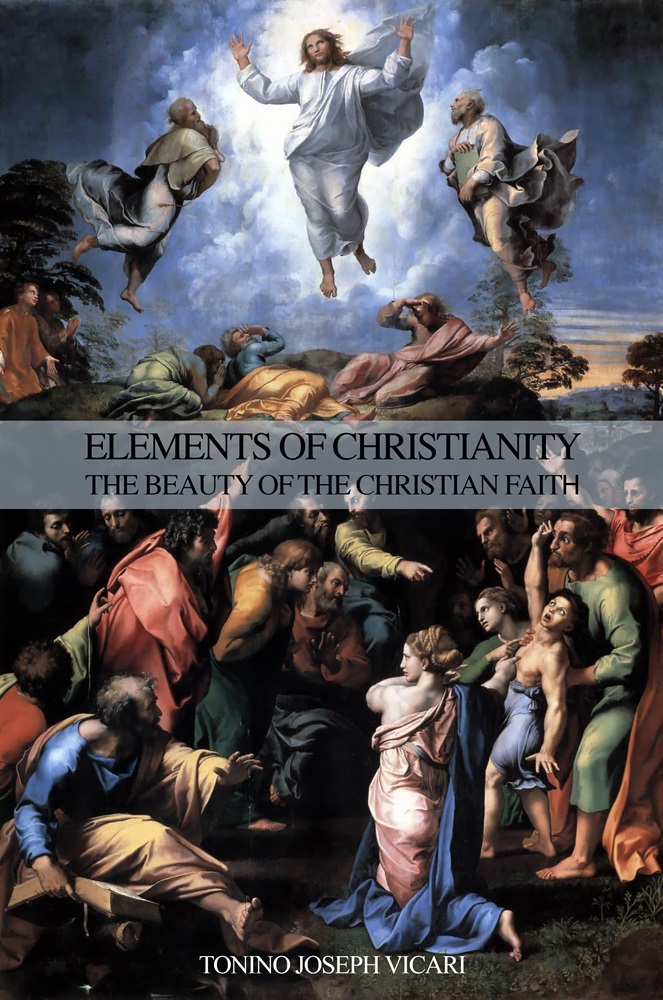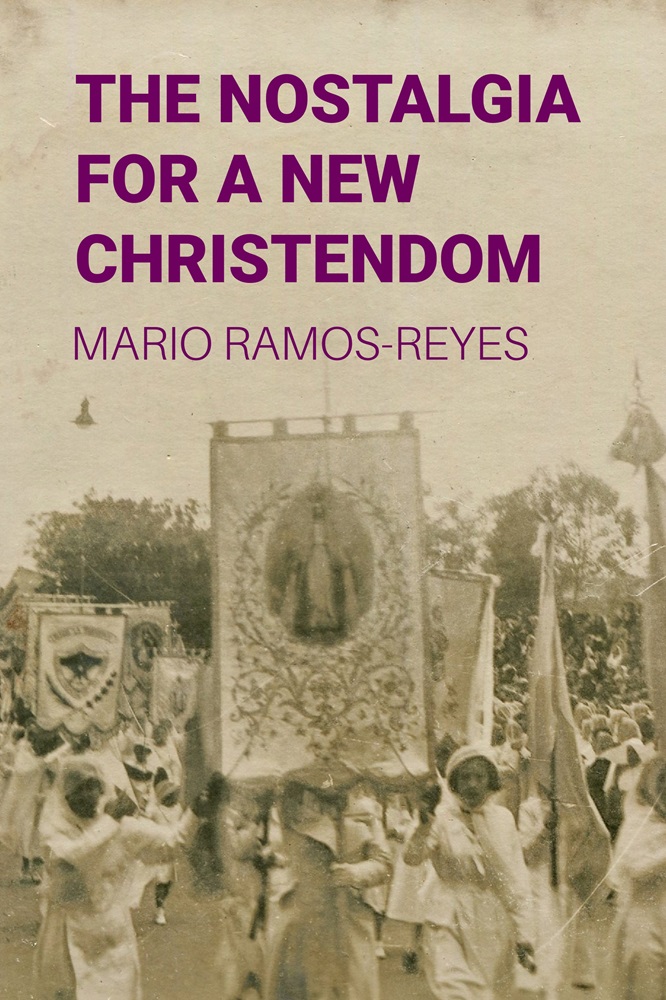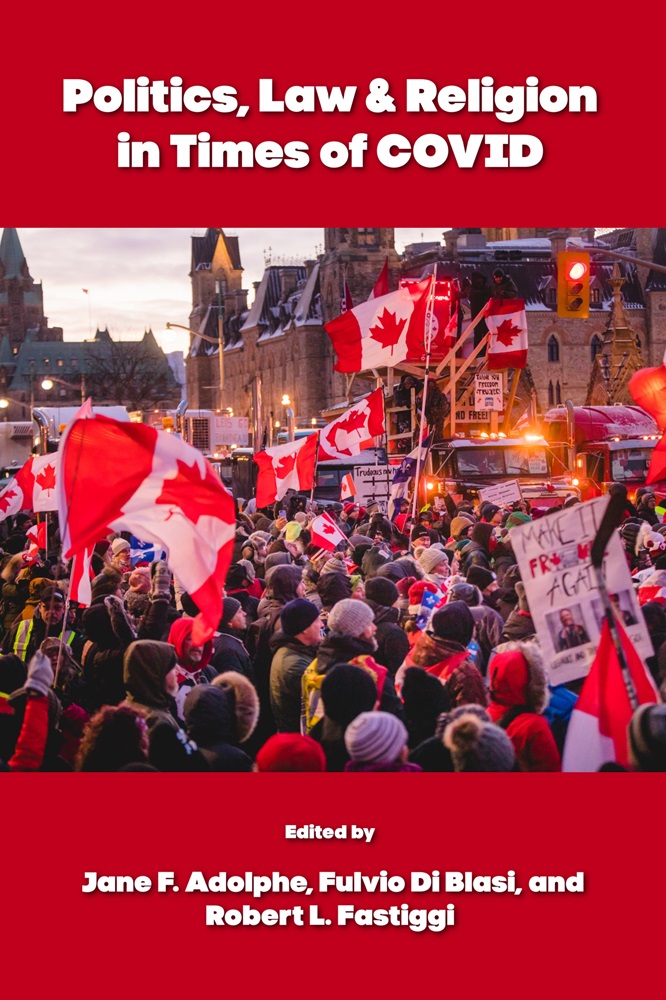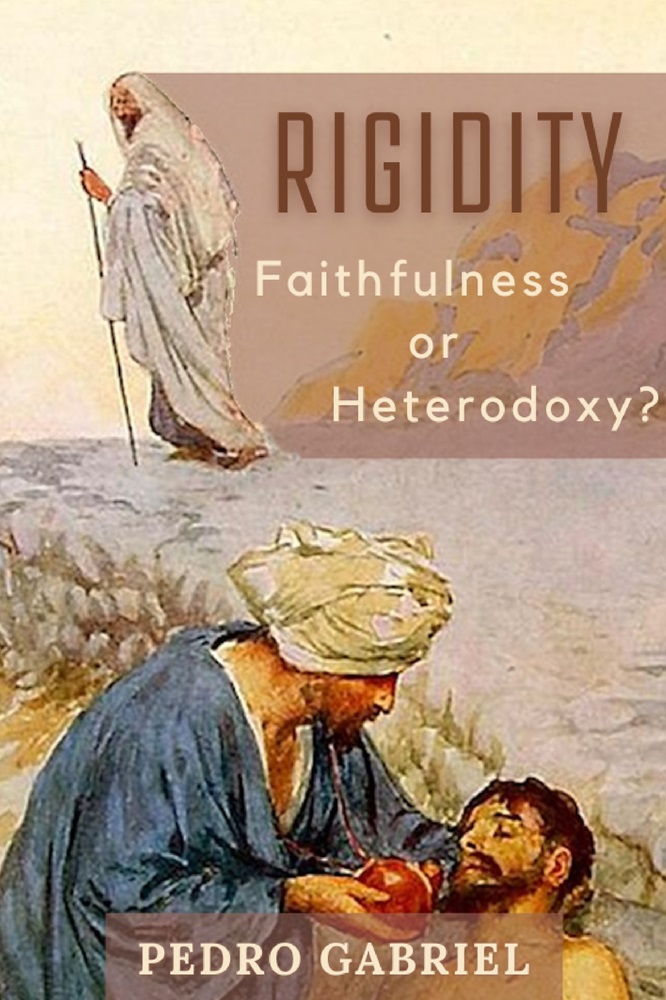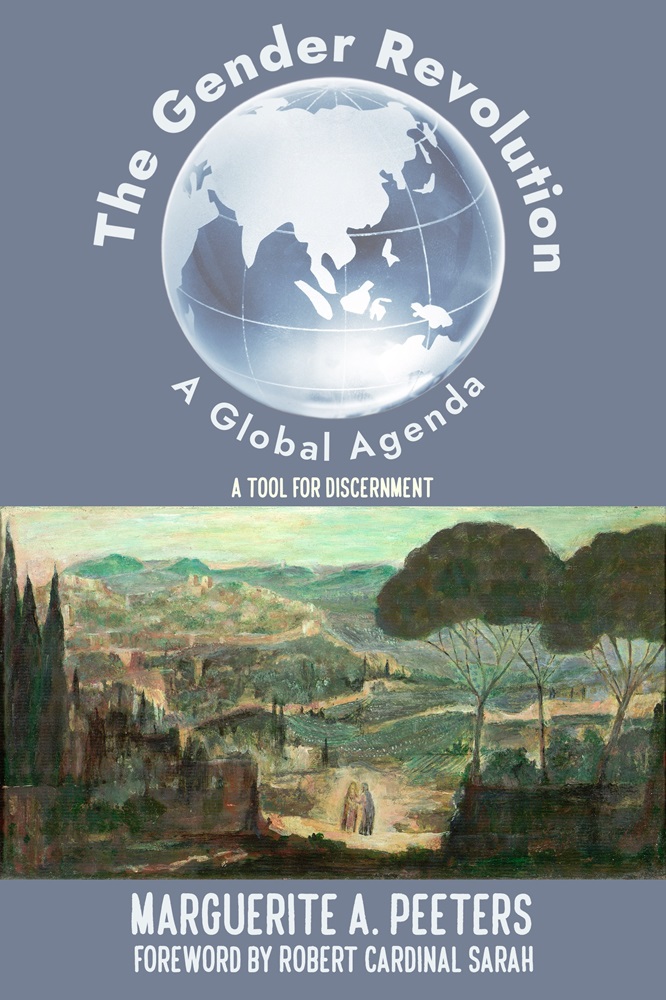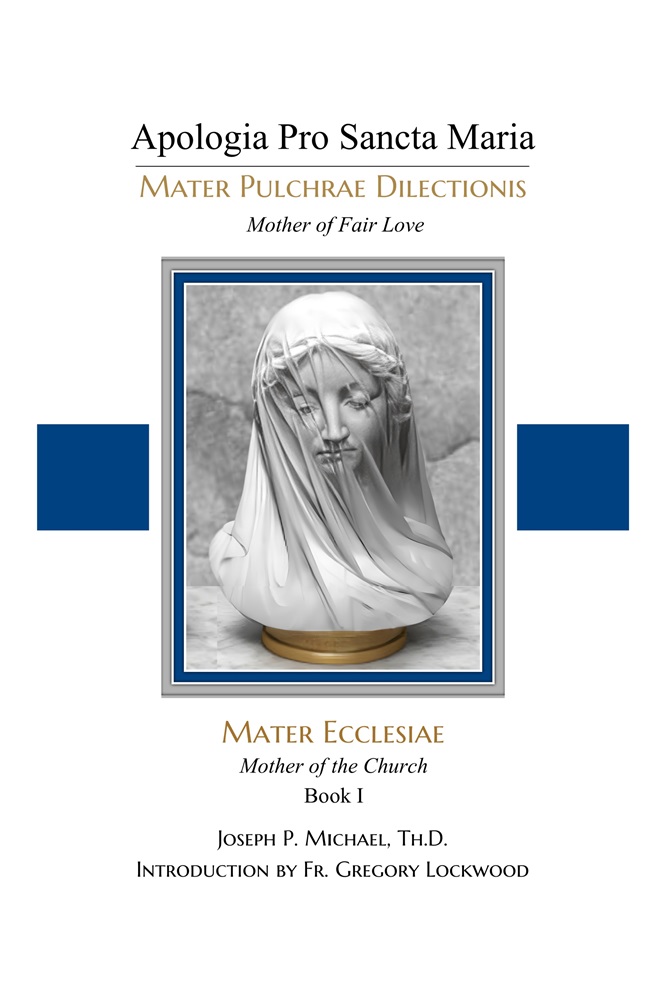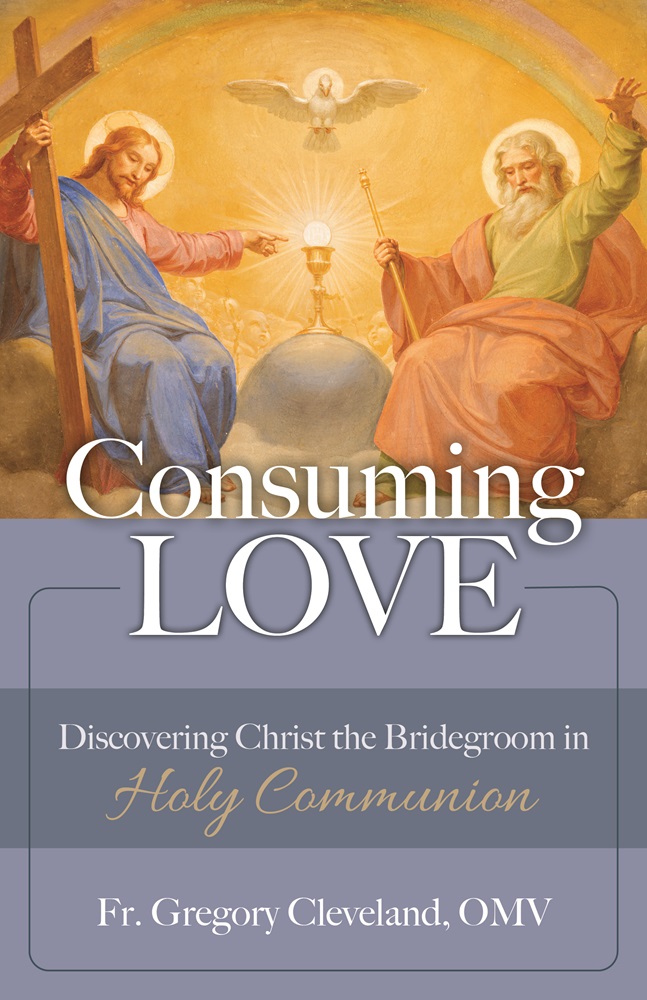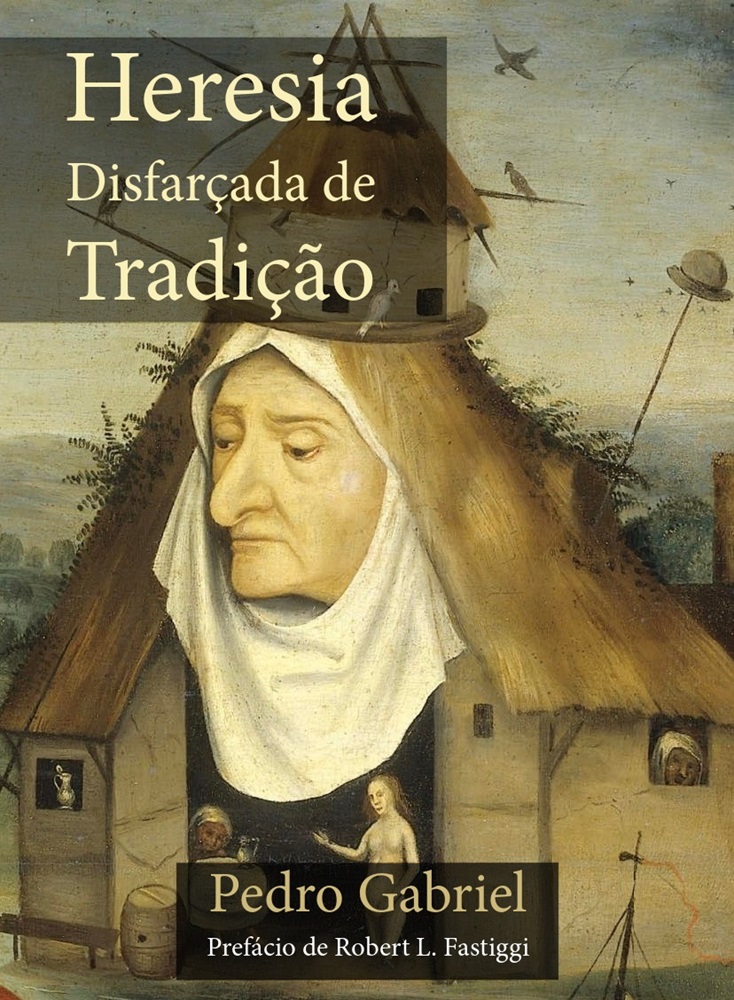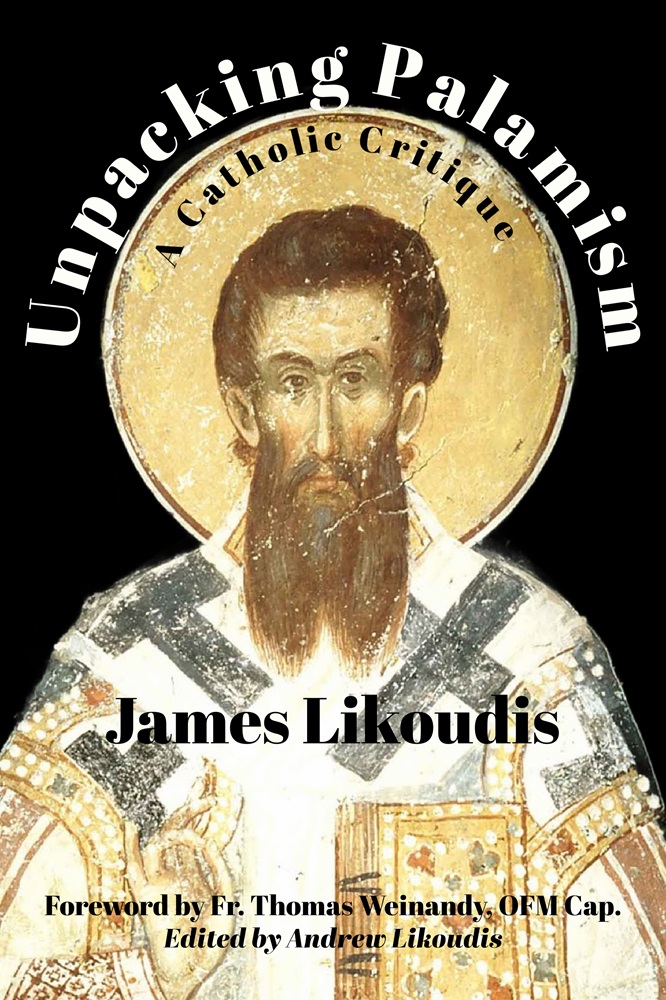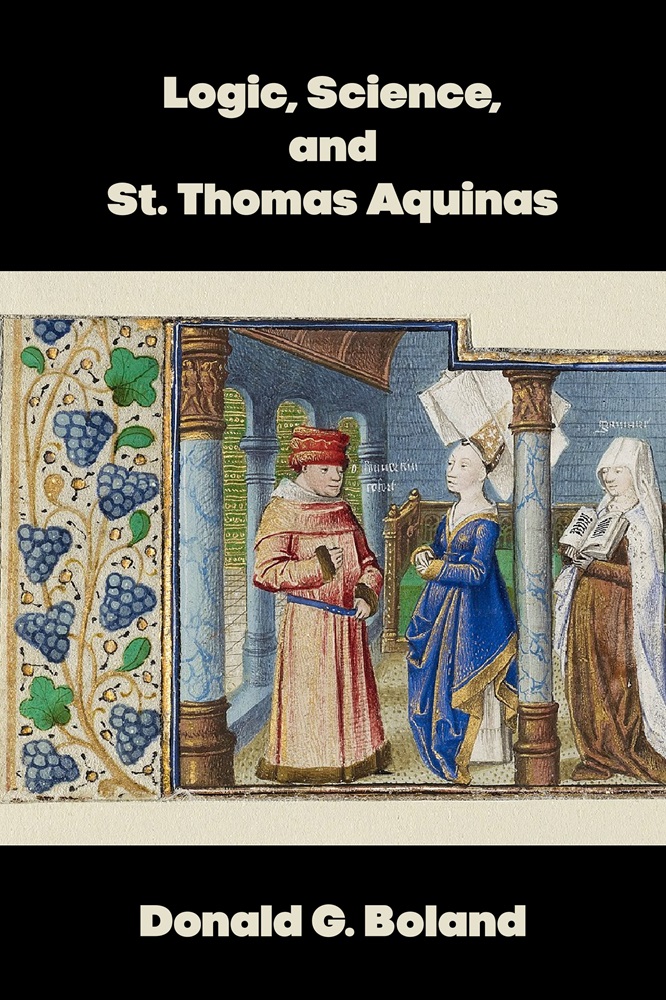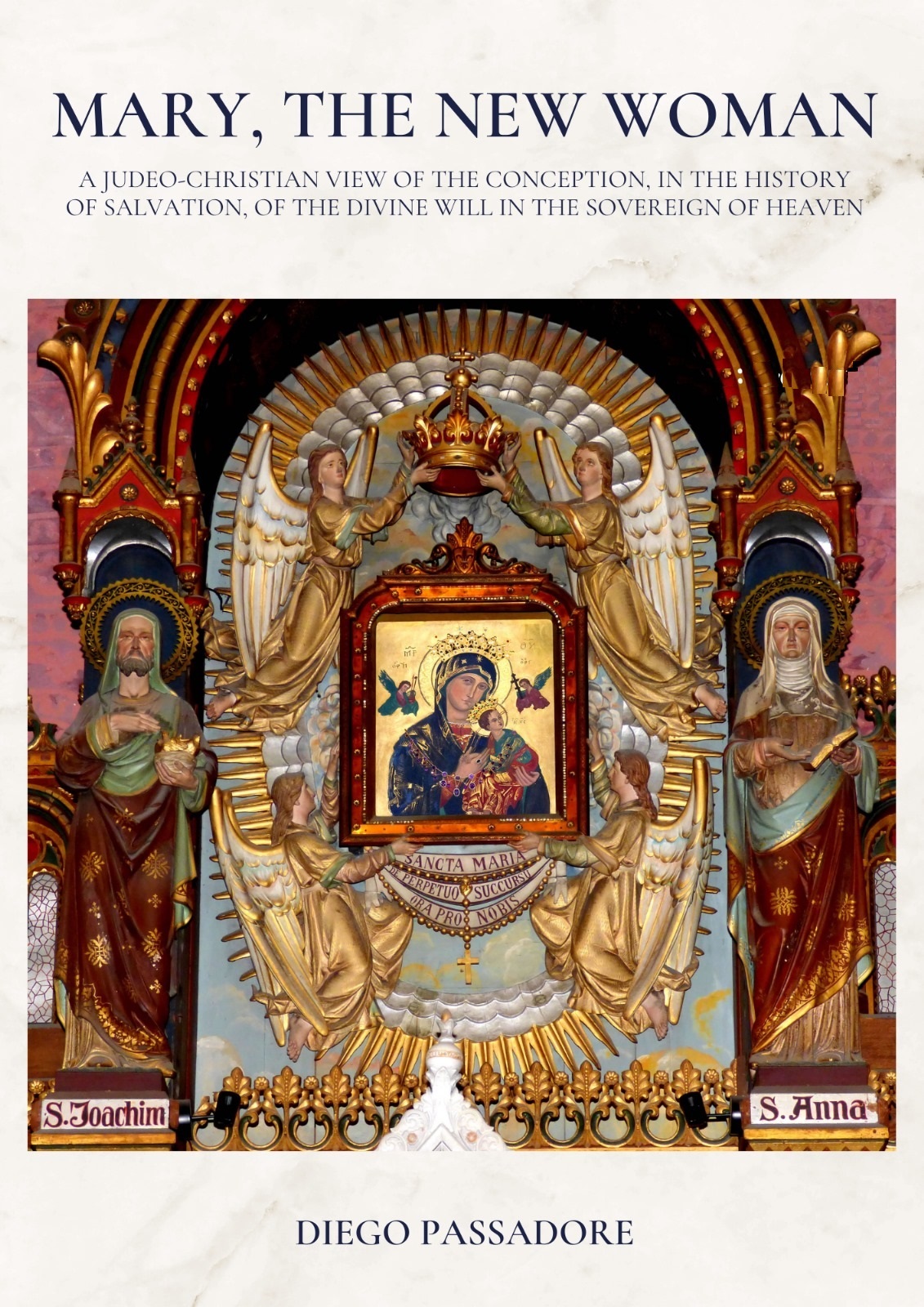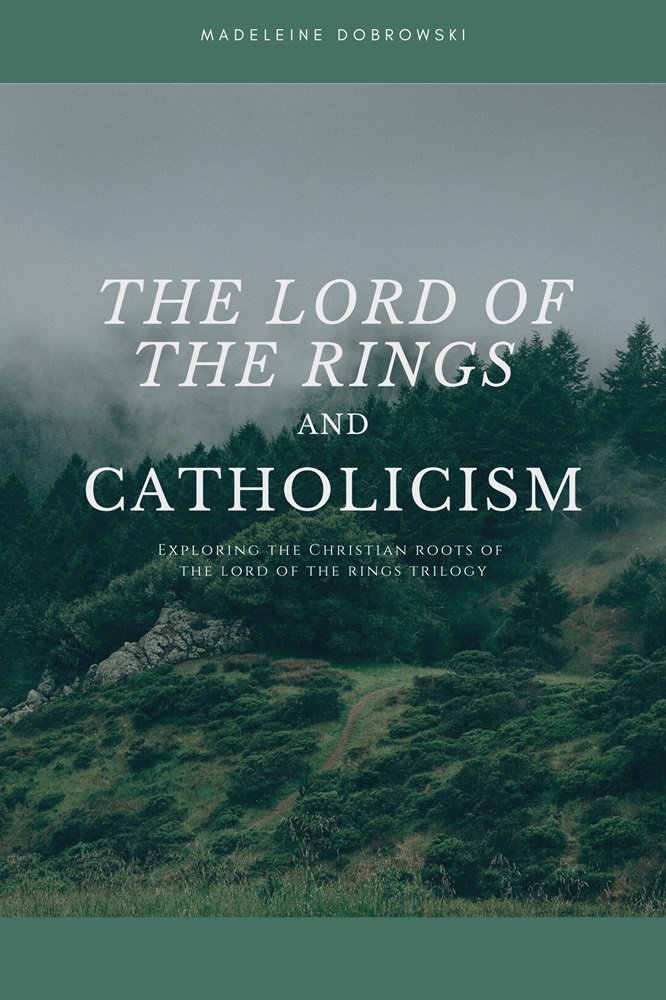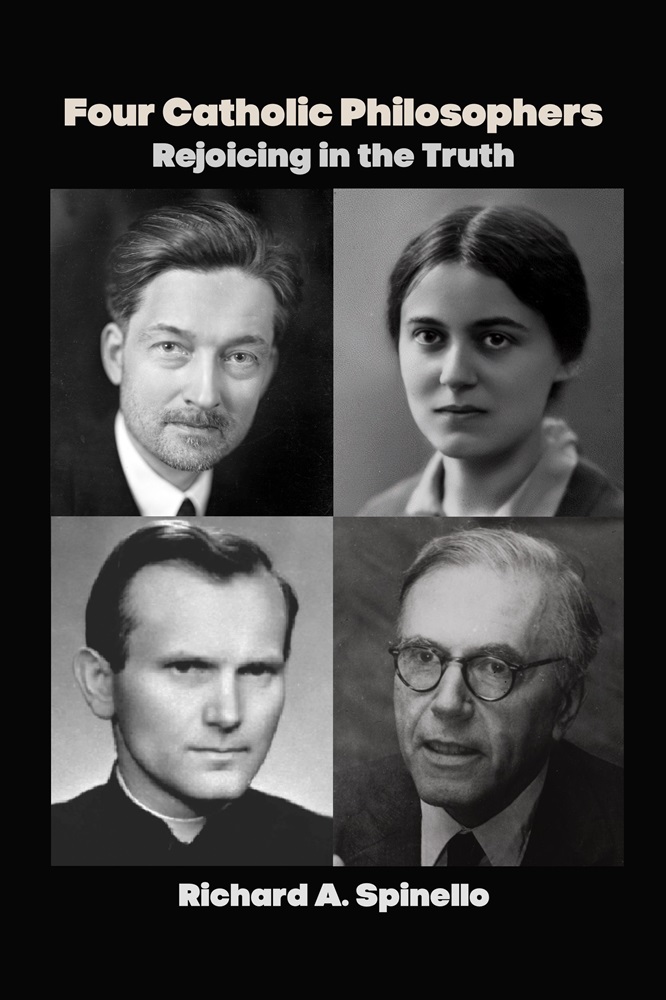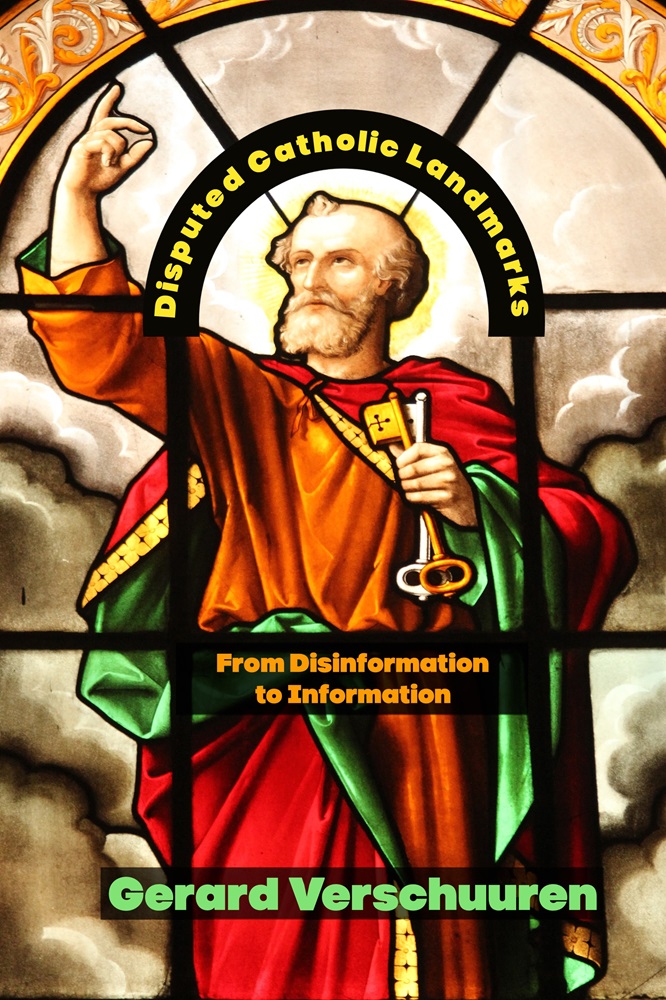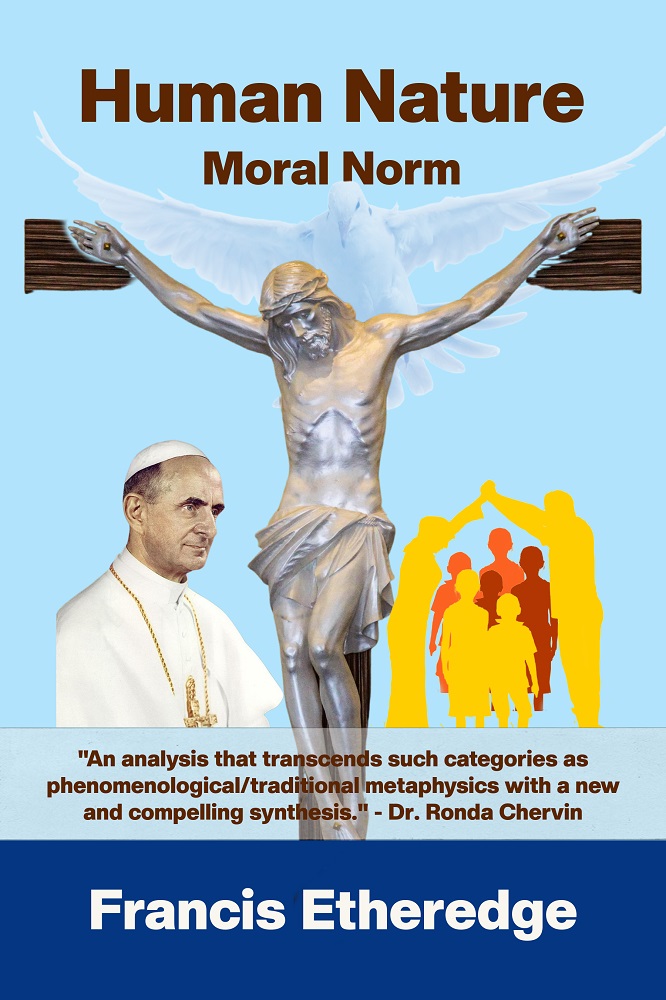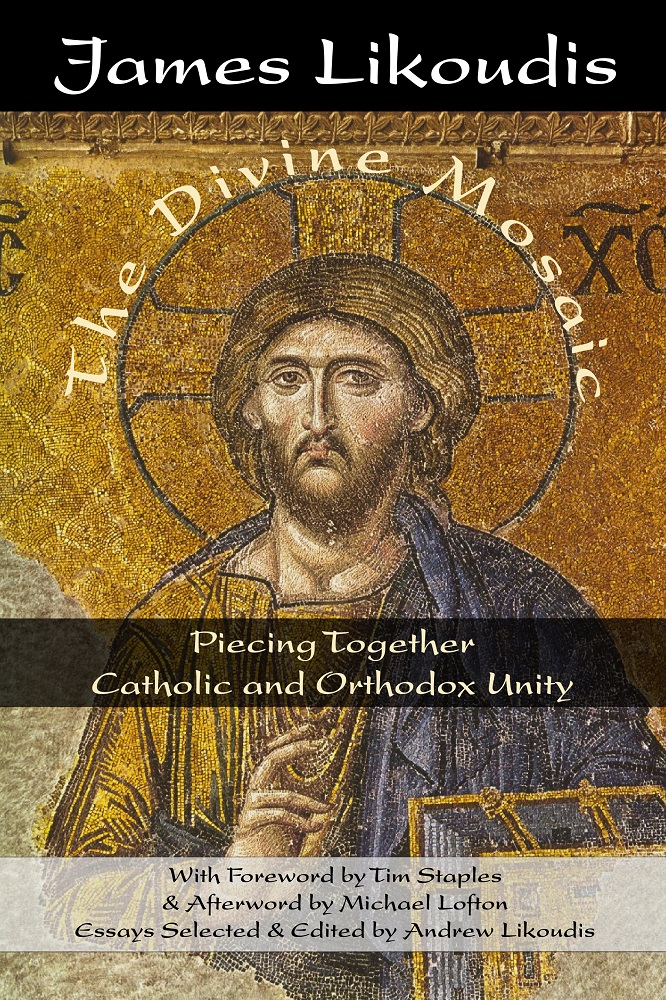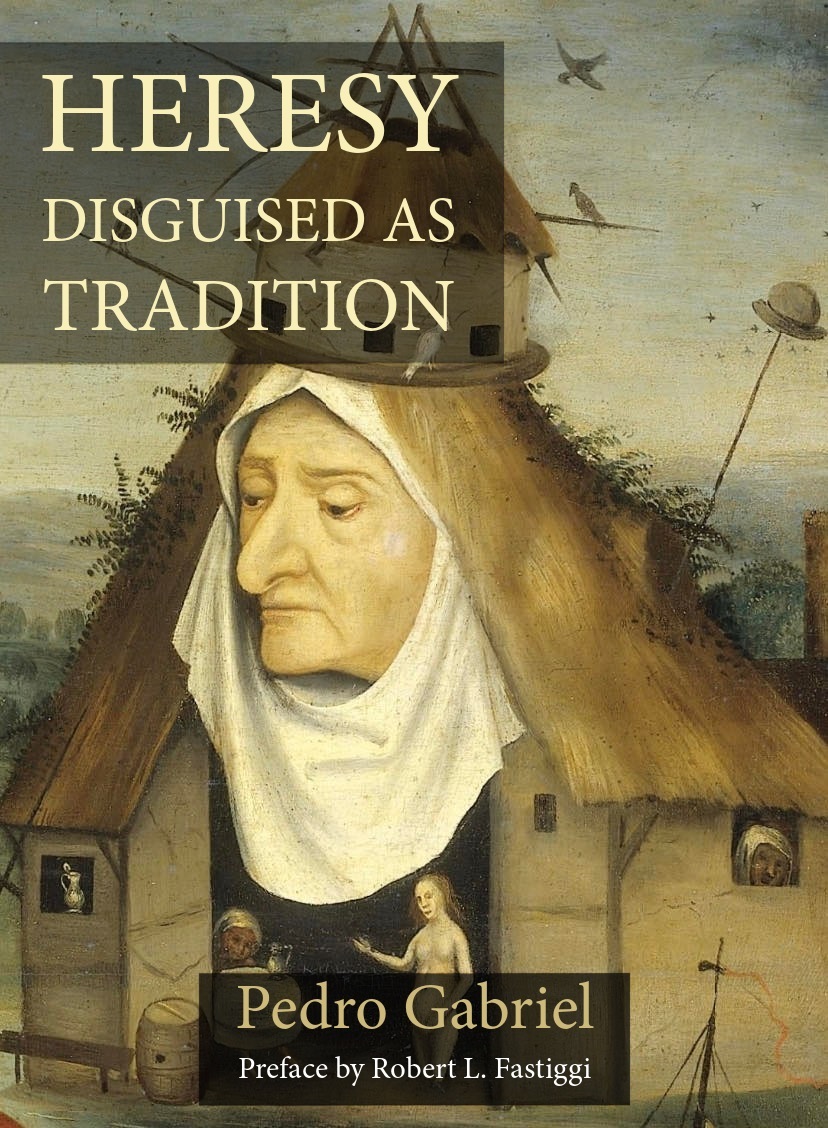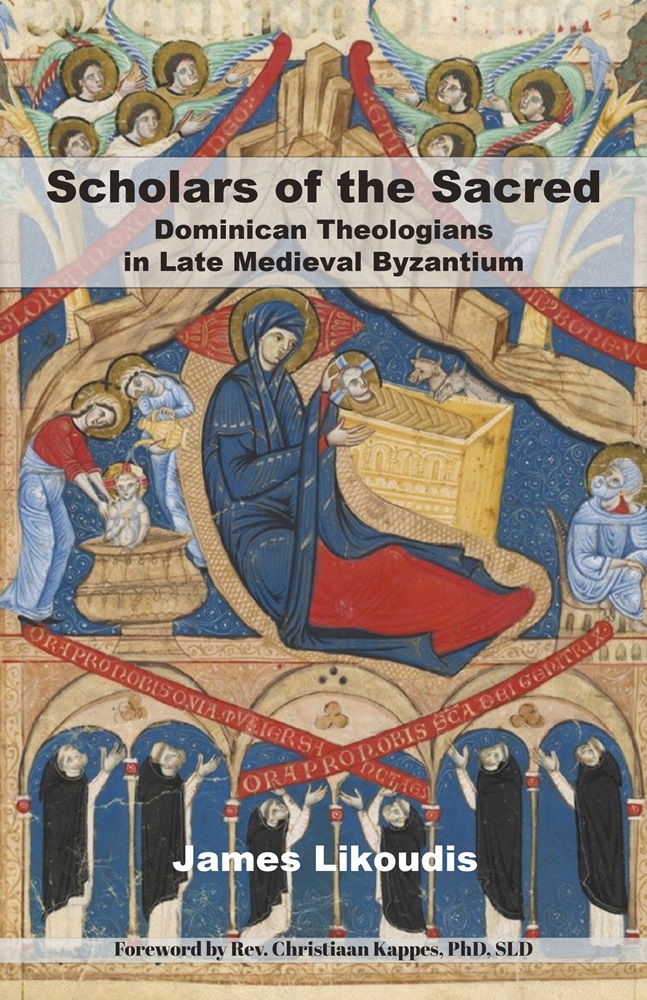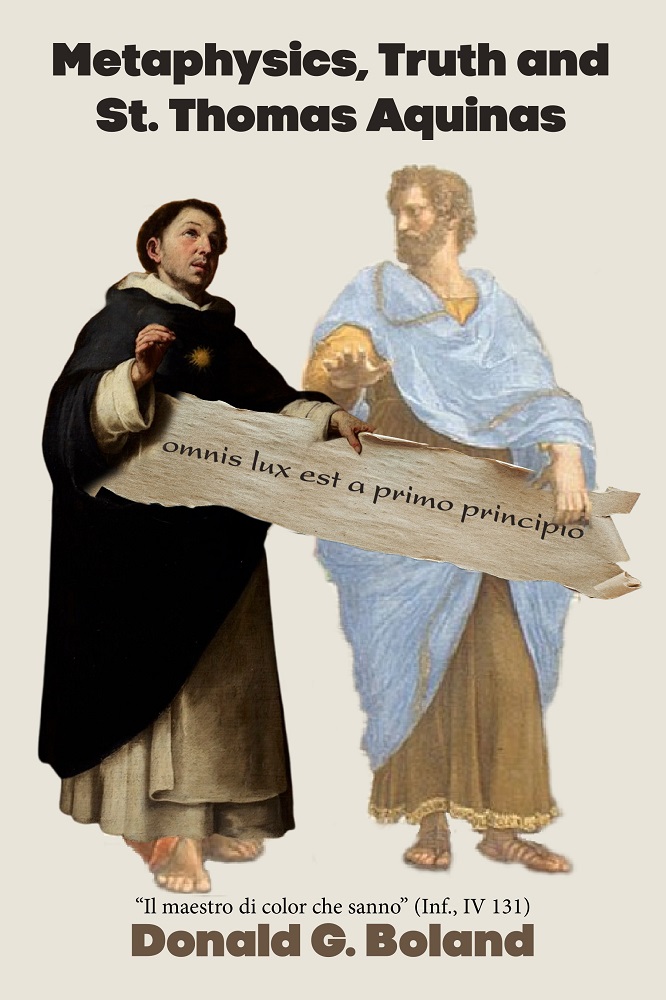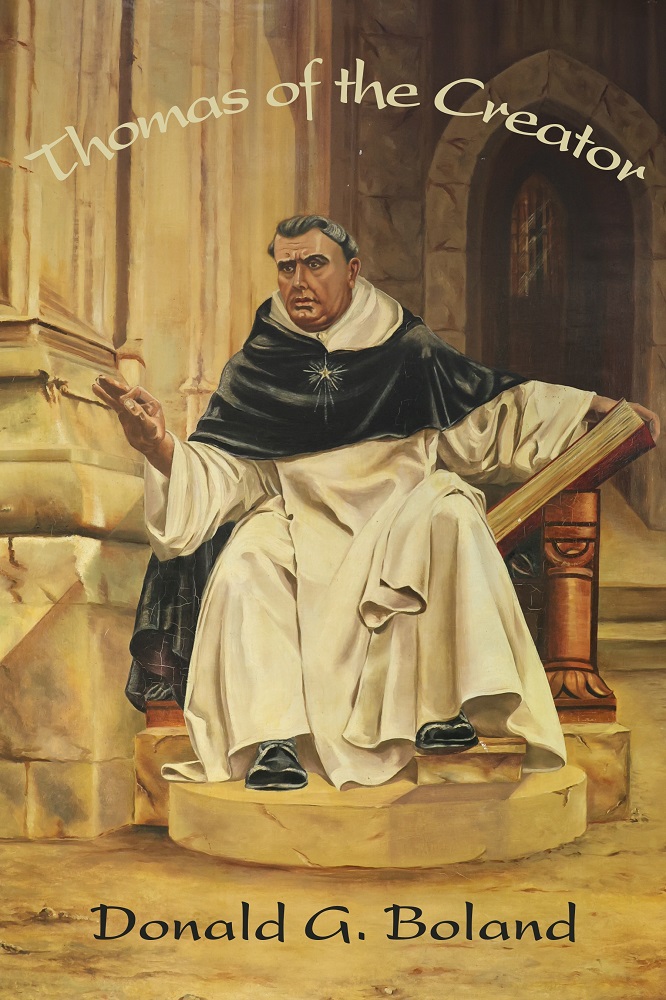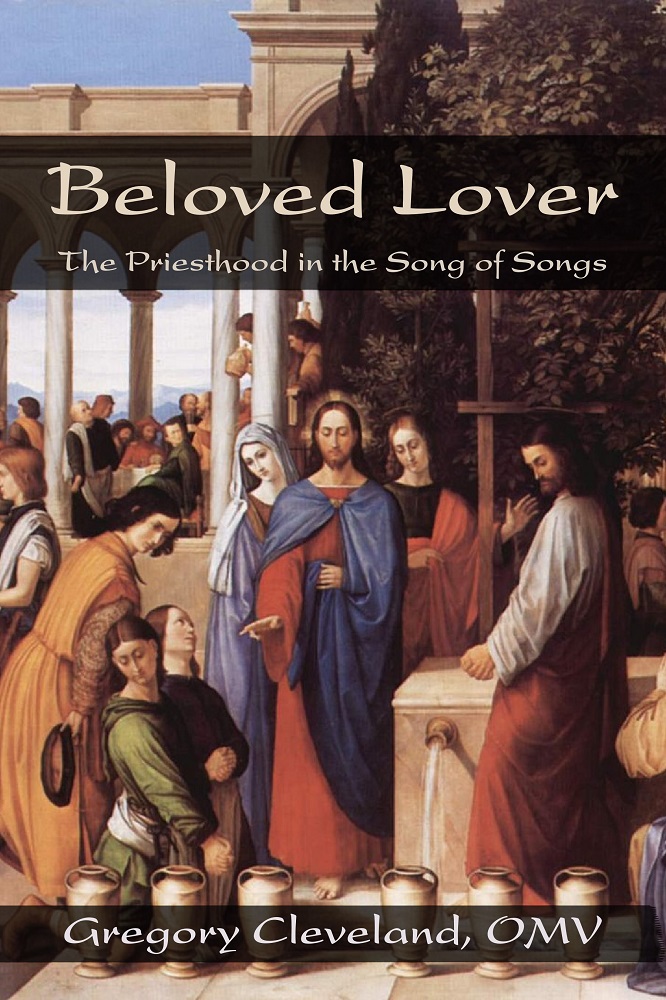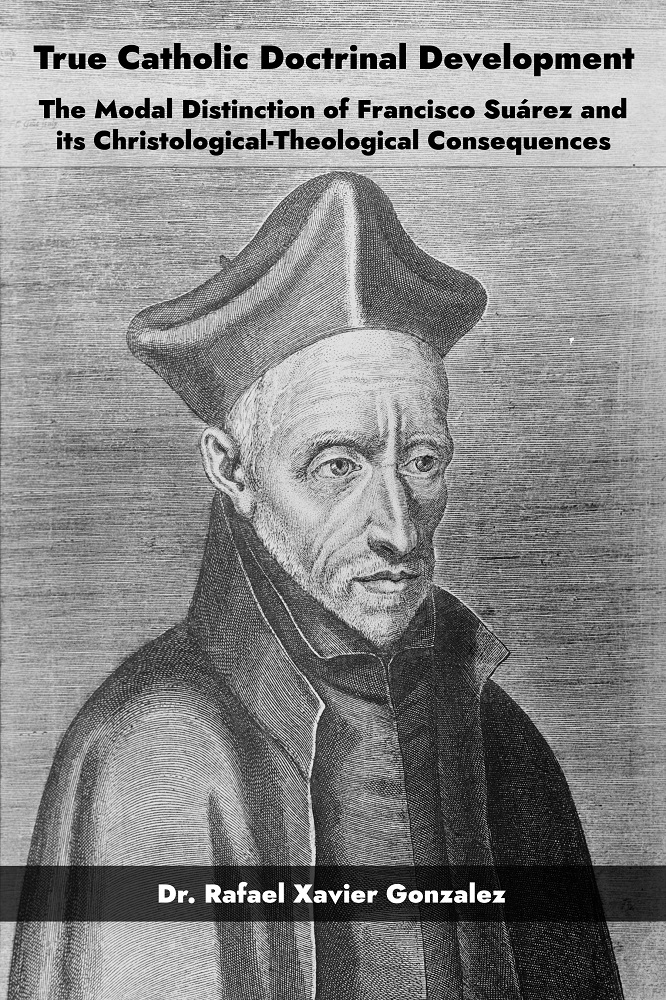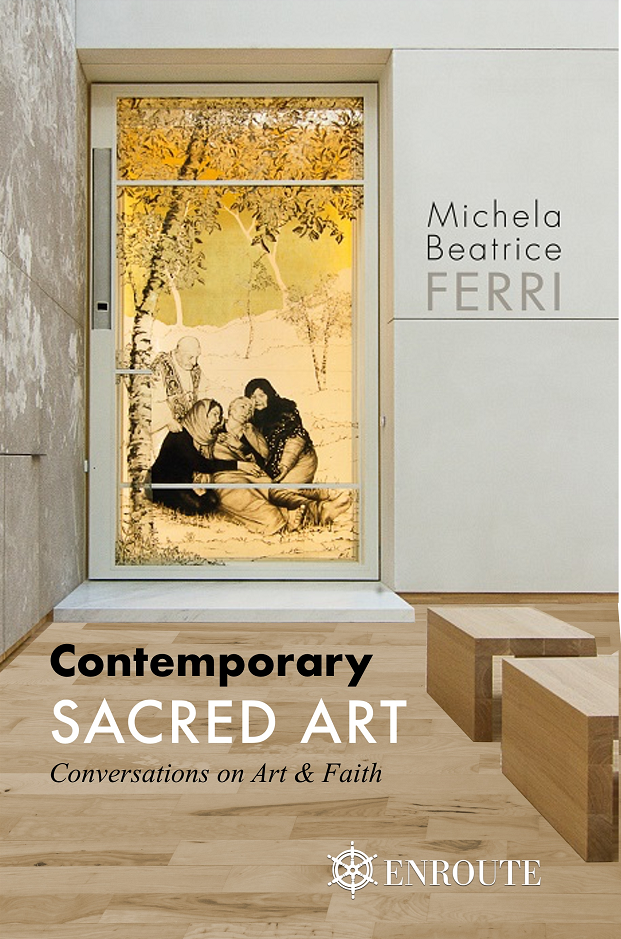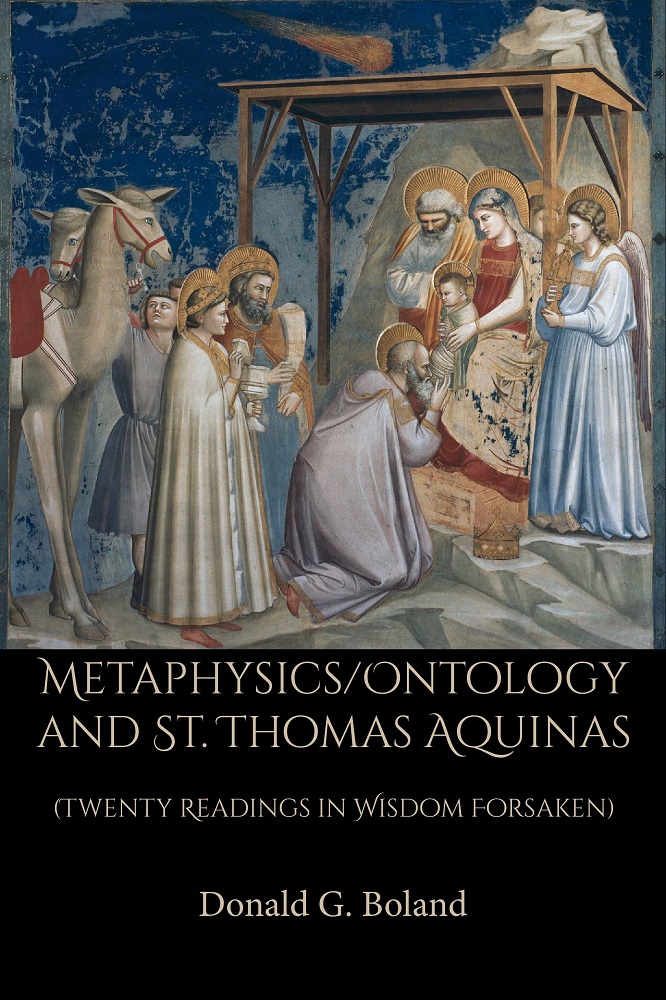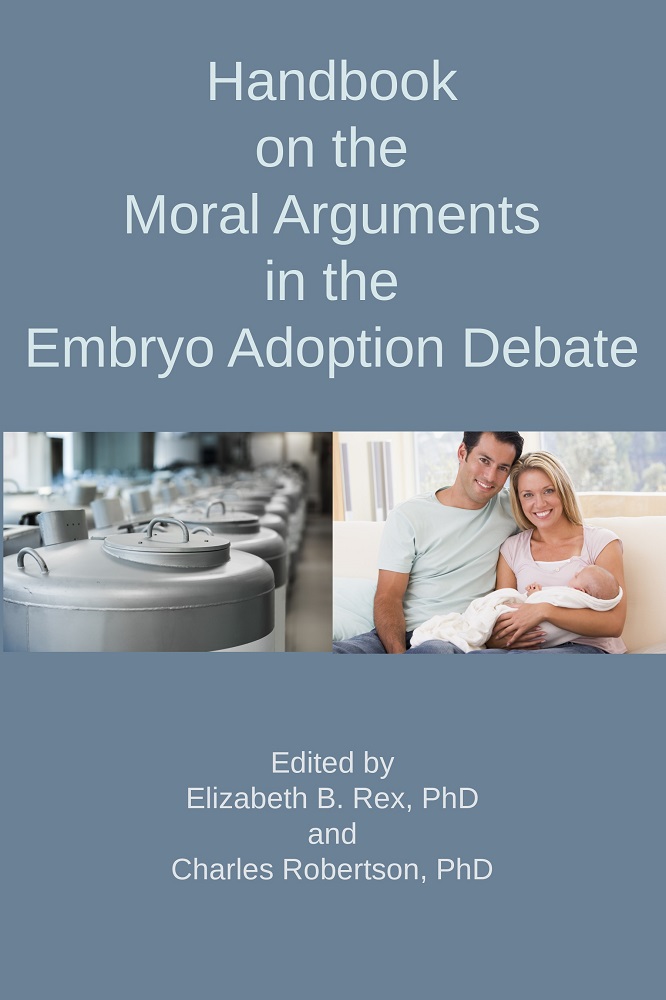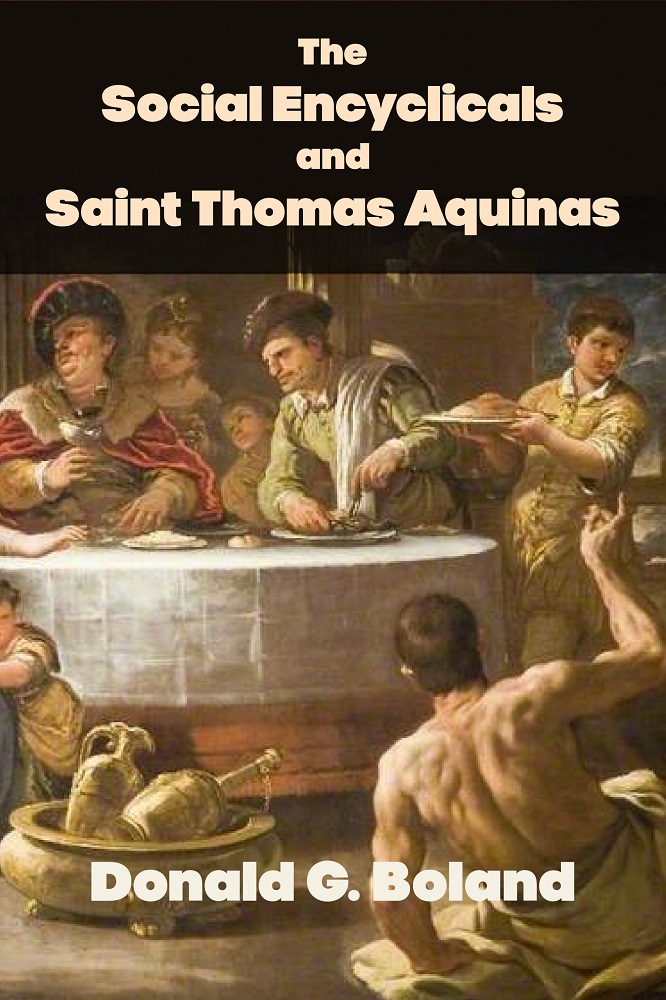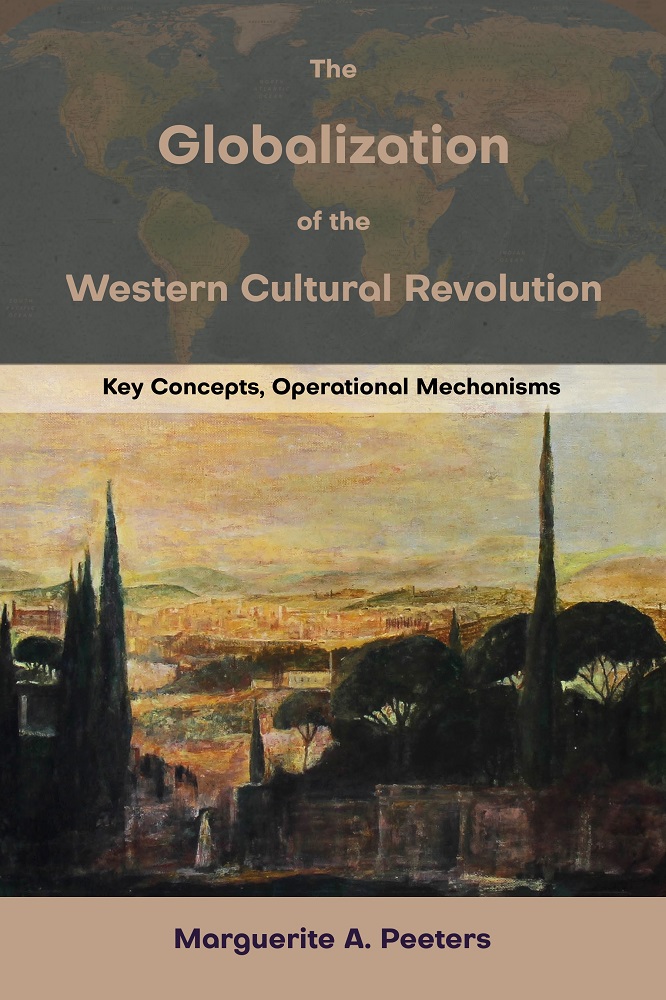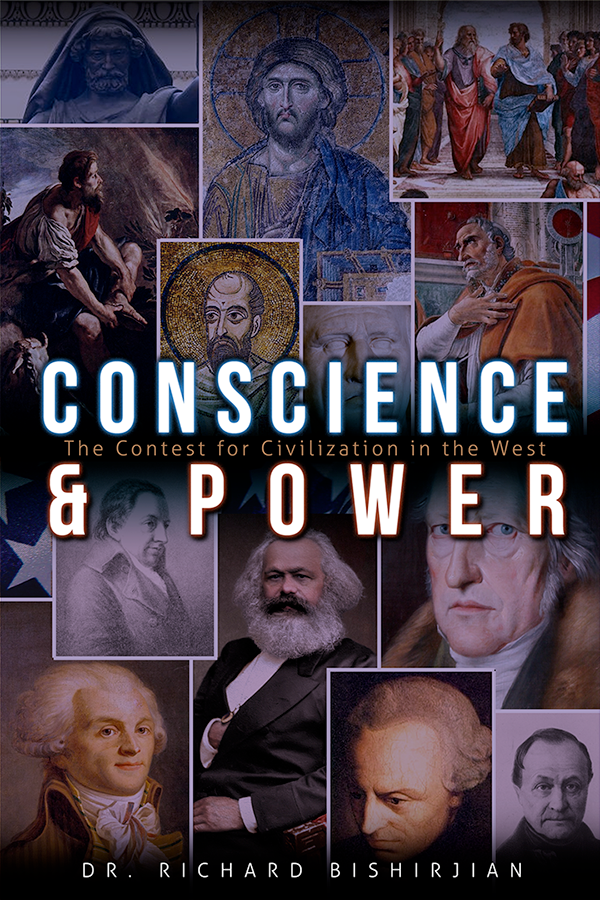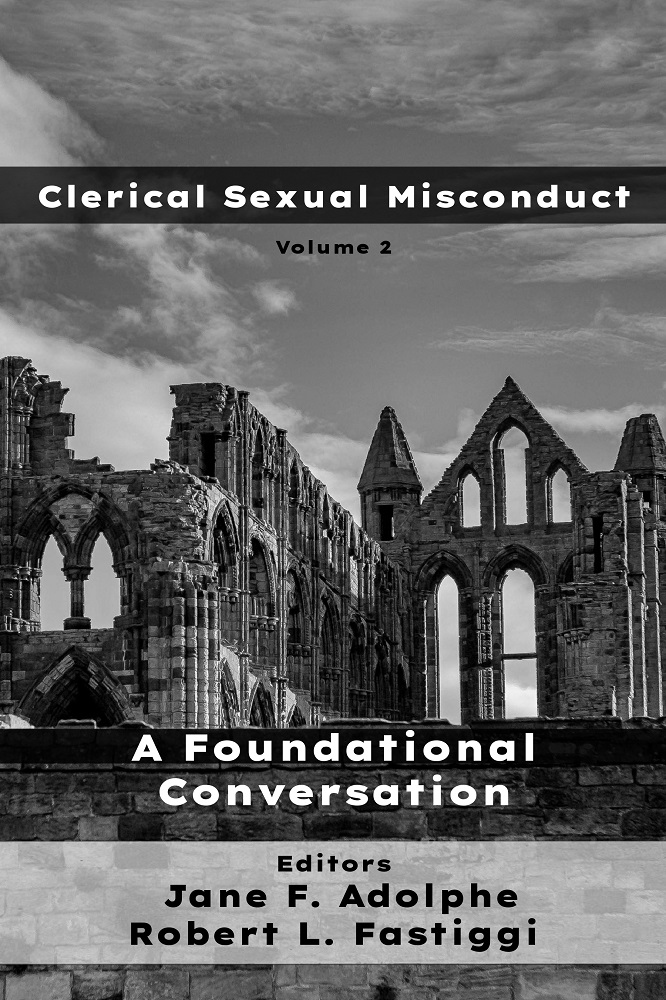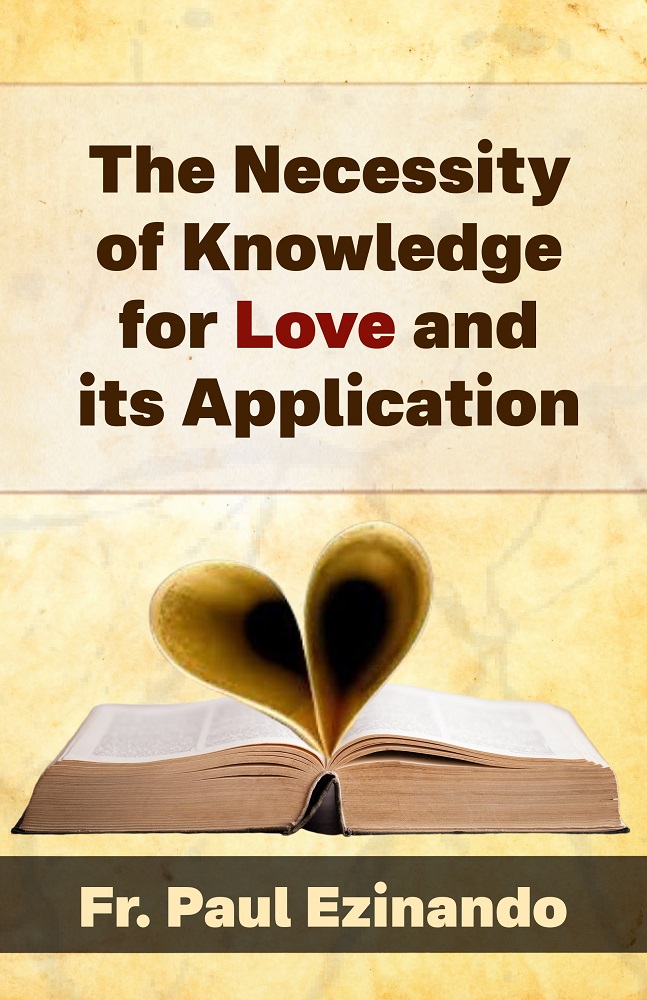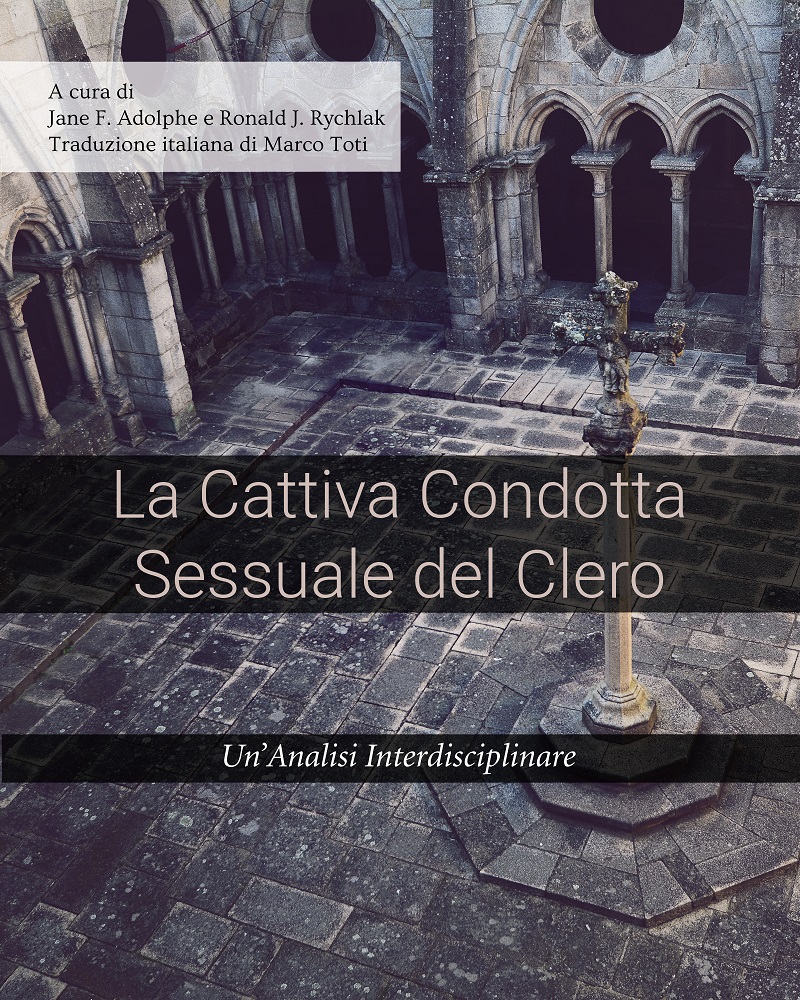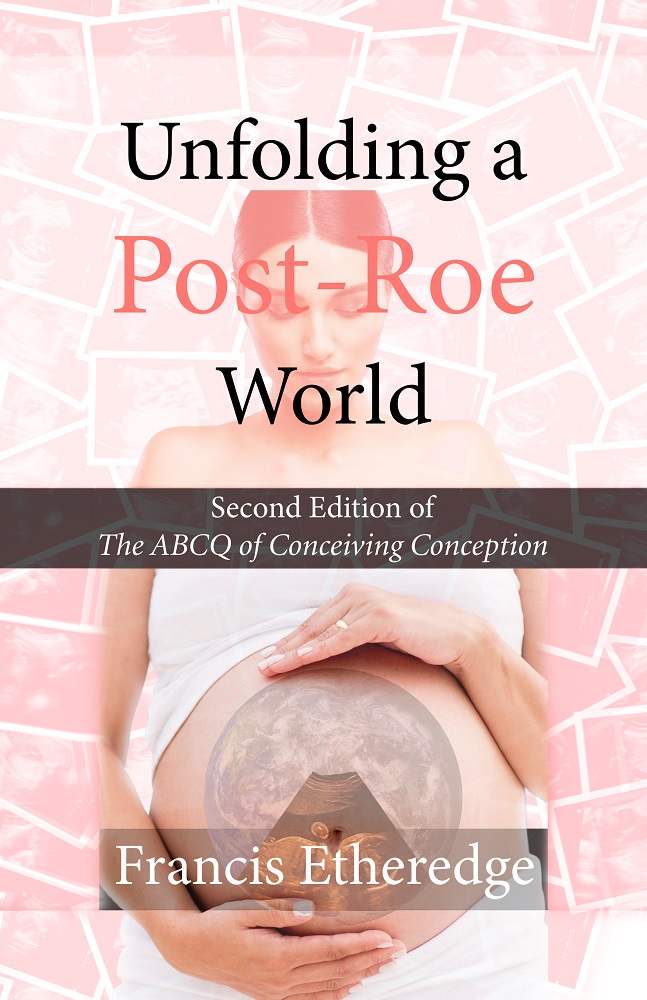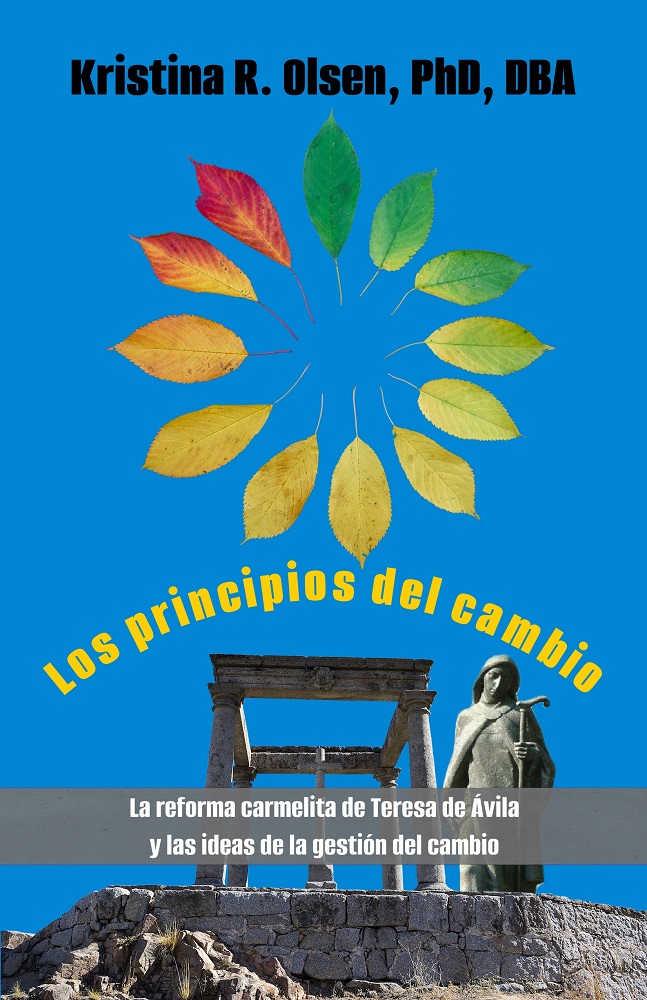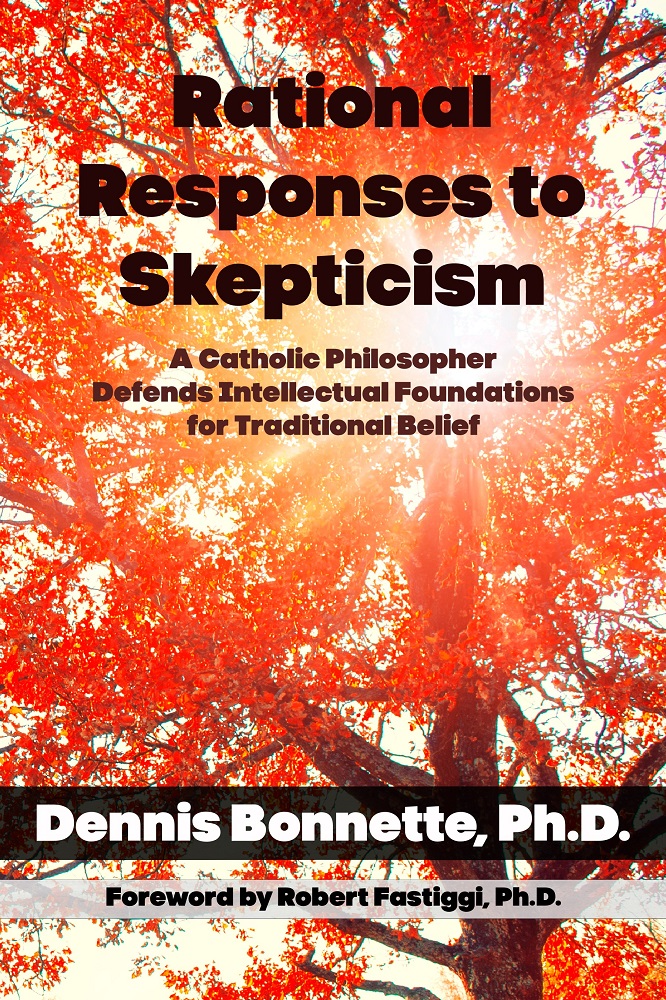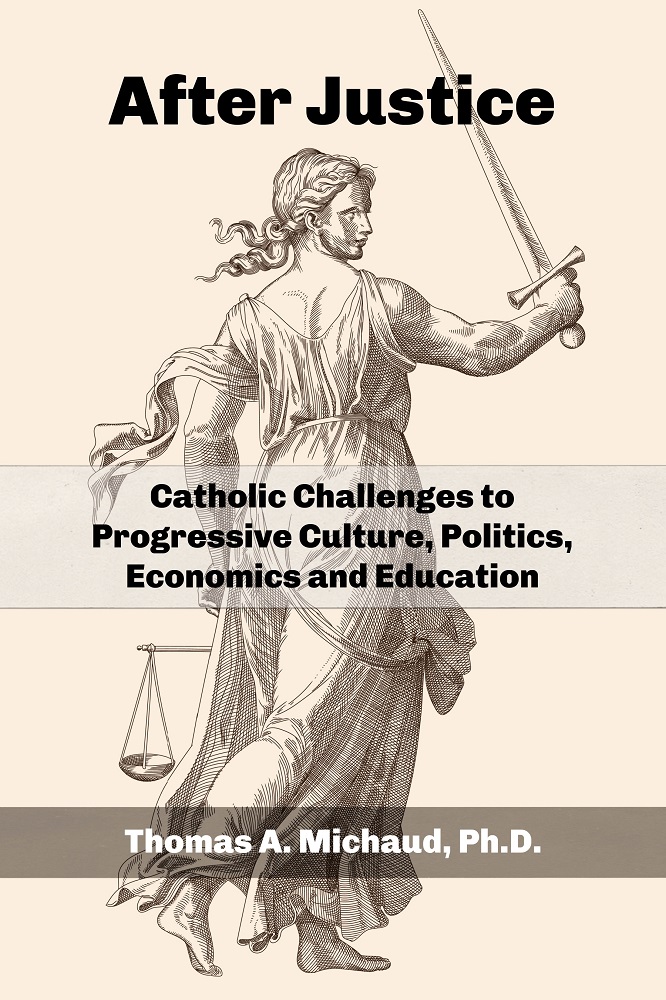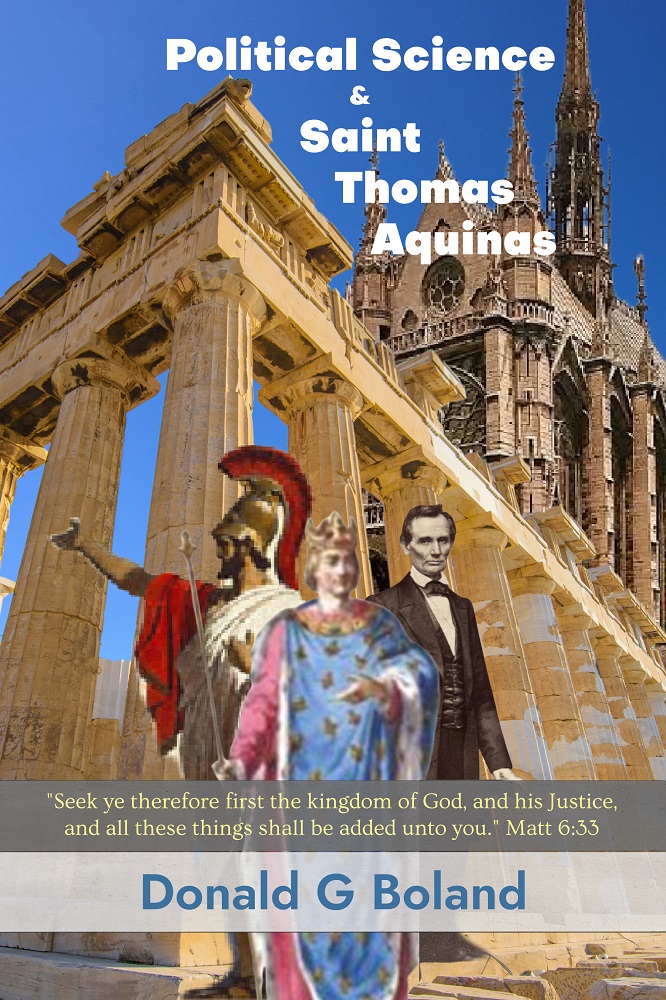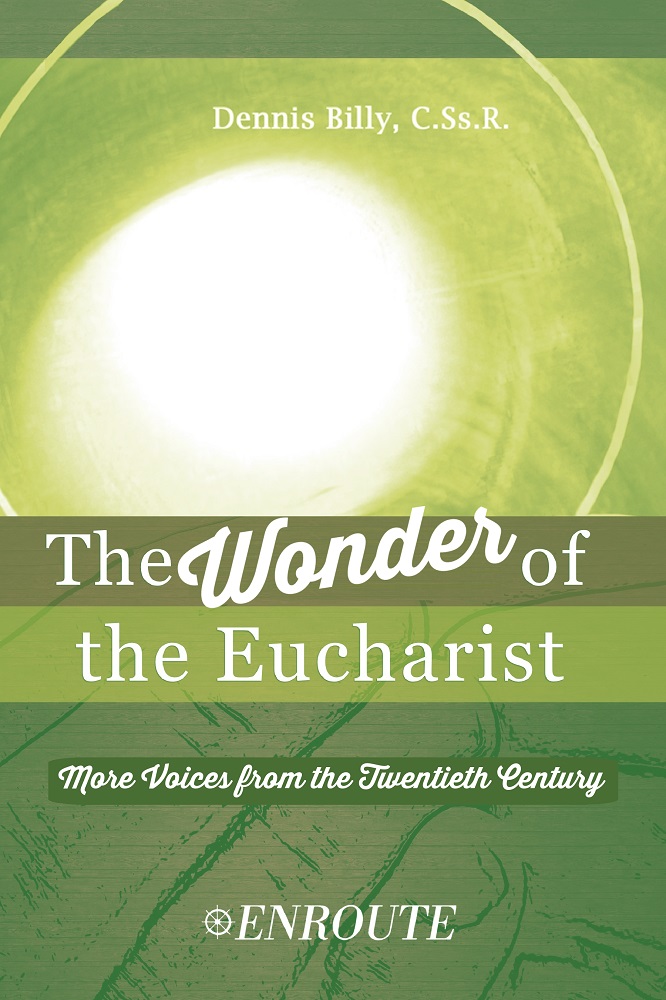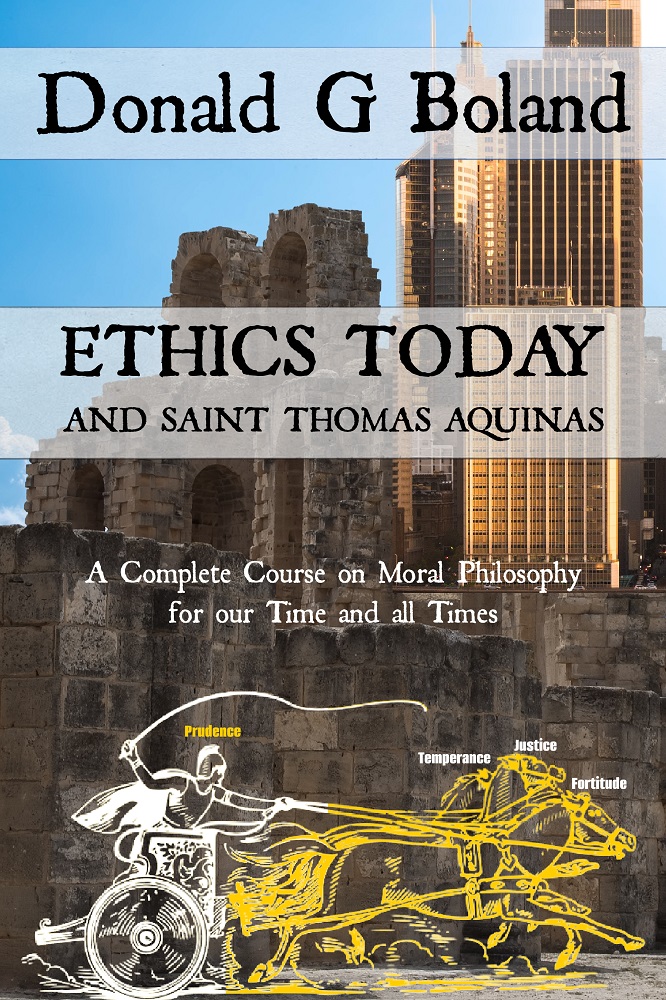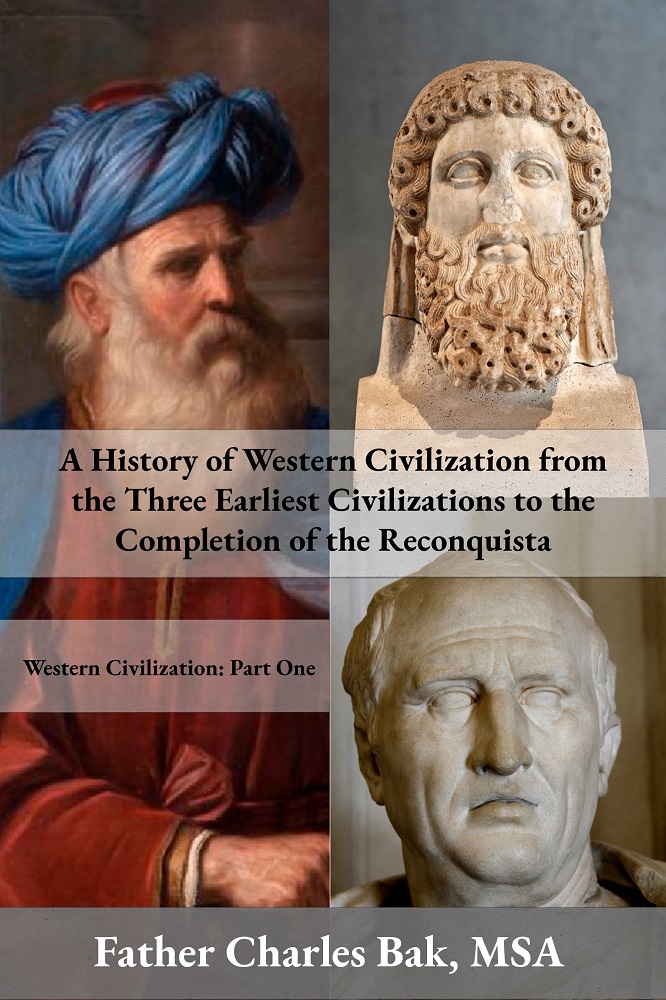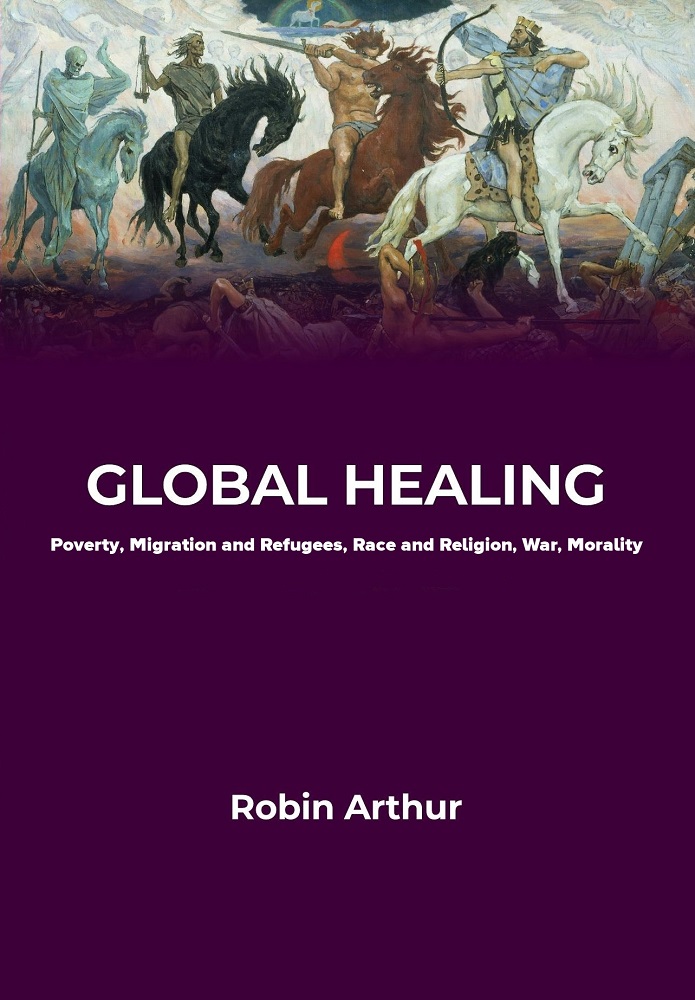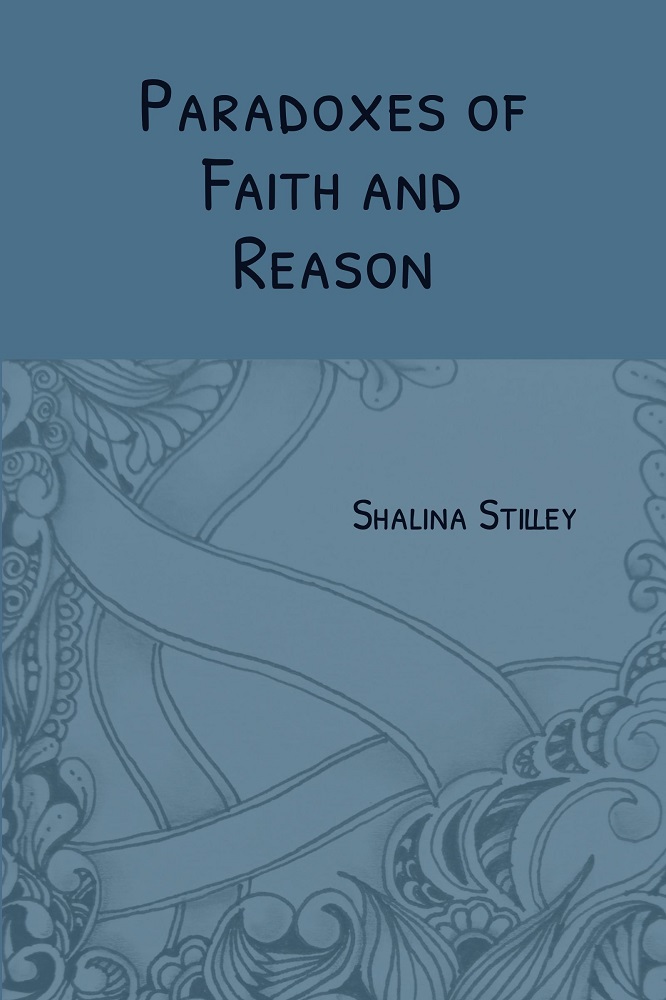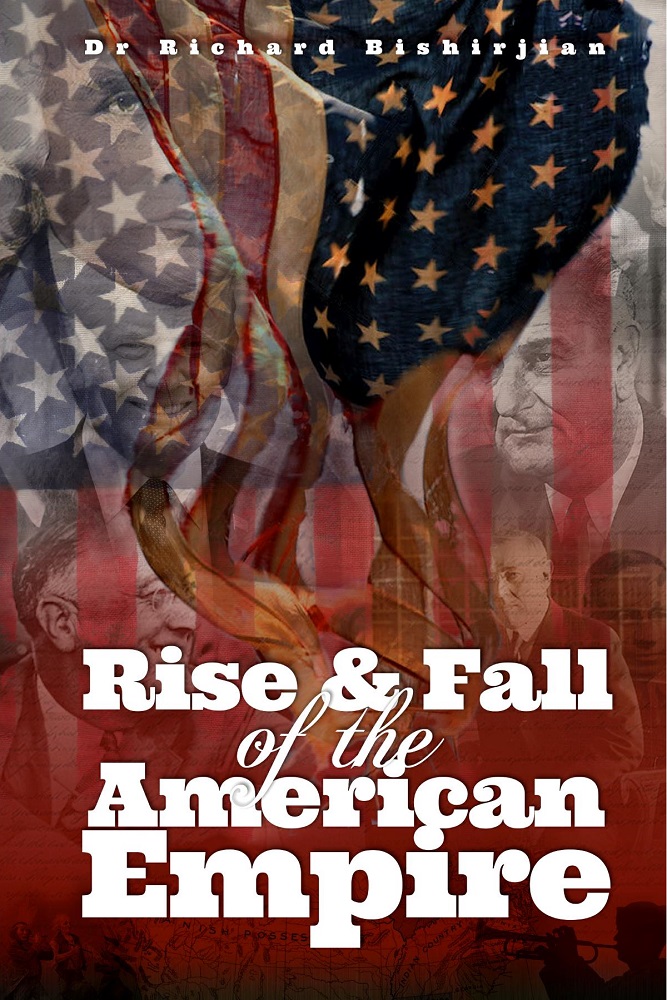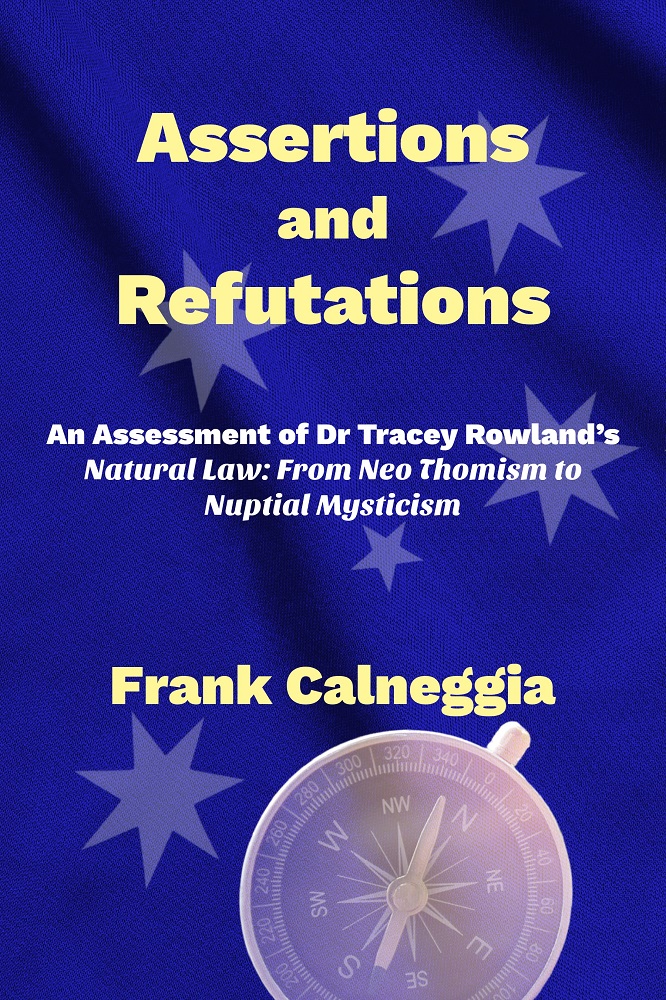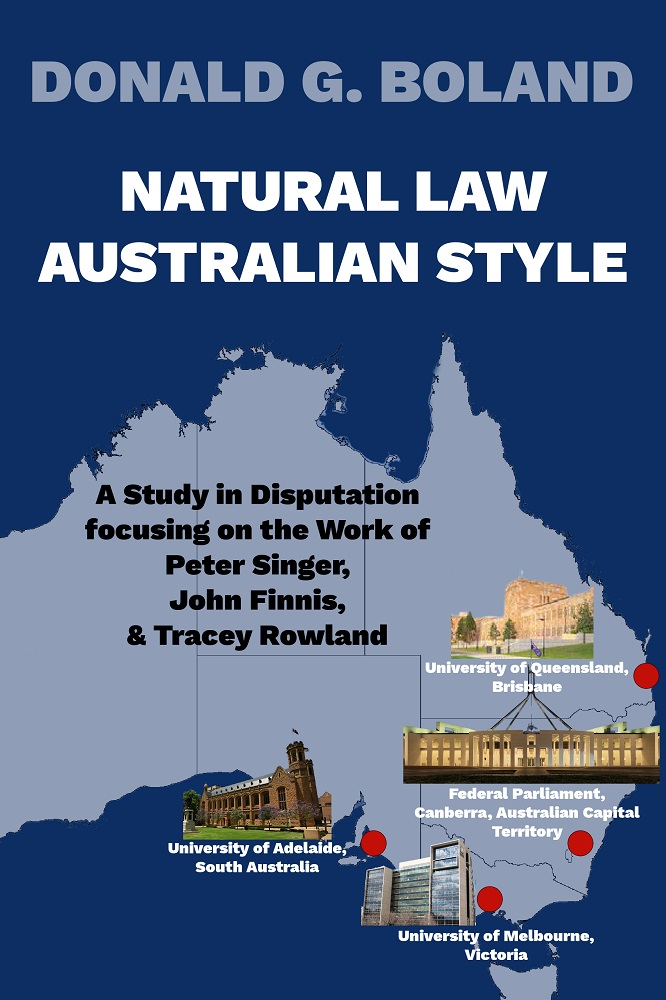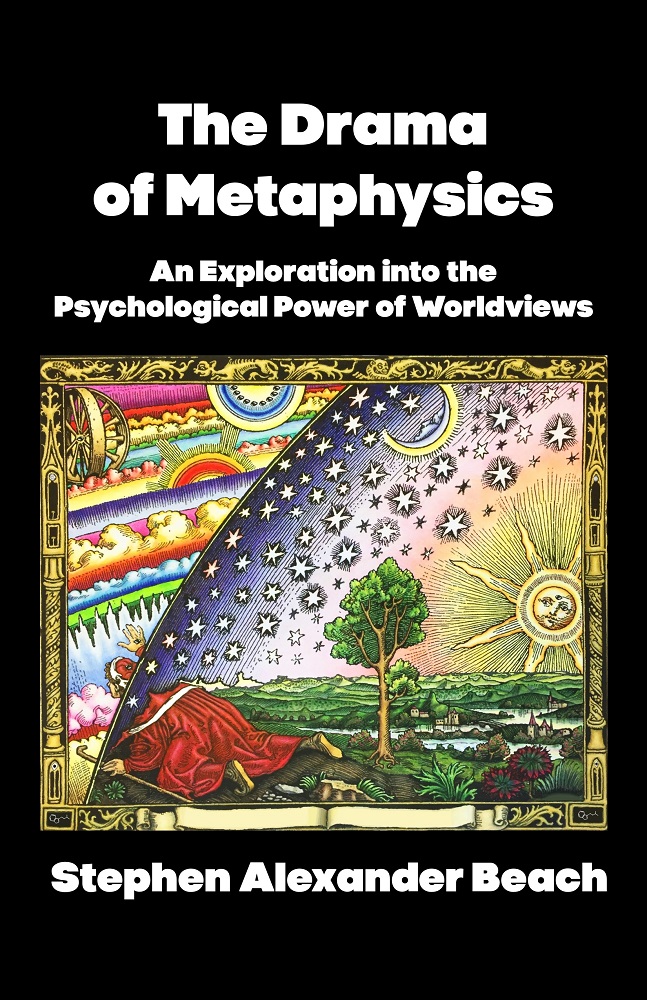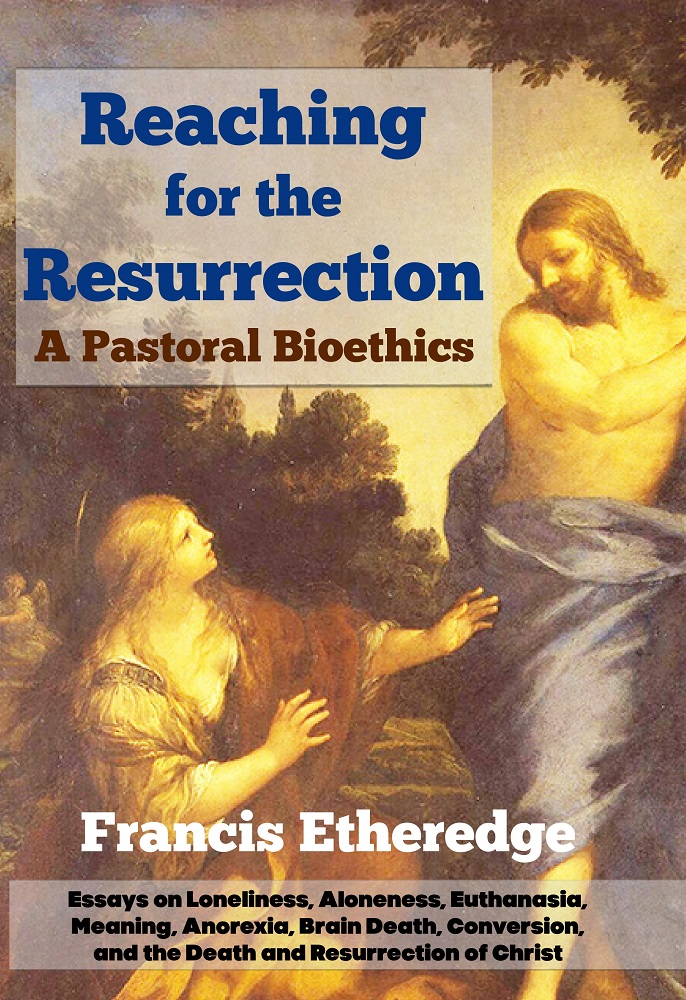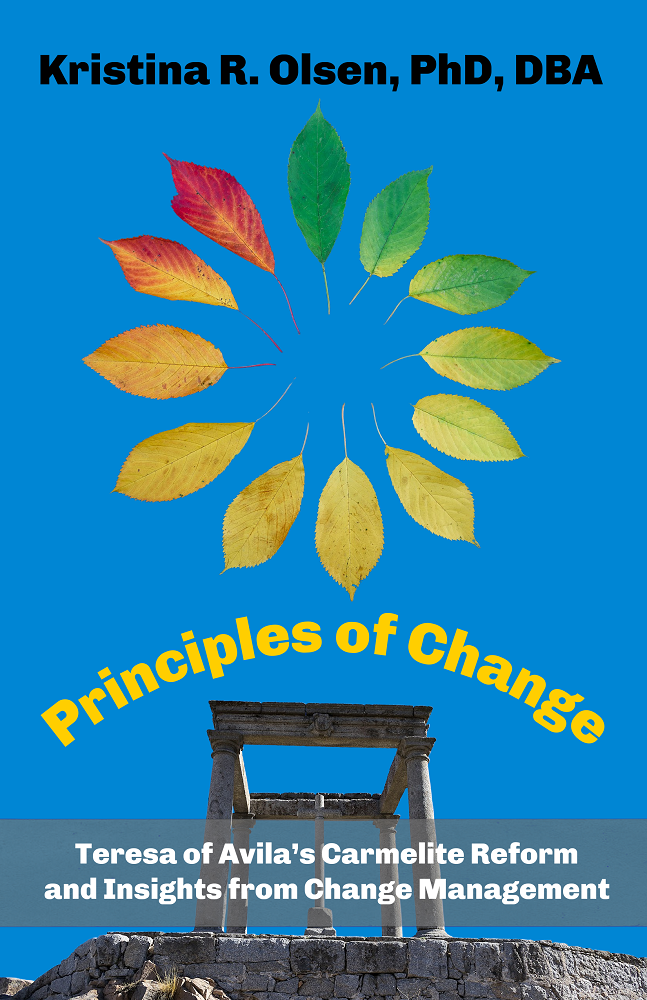Minor Setback or Major Disaster? The Rise and Demise of Minor Seminaries in the United States, 1958-1983
by Fr. Robert Anello, MSA
Interested in how this happened?

“Catholic Ministry Formation Enrollment: Statistical Overview for 2017-2018,” Center for Applied Research in the Apostolate, p.1)
Minor Setback or Major Disaster presents the history of minor seminaries from the concept’s inception following the sixteenth-century Council of Trent’s mandate for a new training method for the Catholic priesthood up to the present. It describes the function and purpose of the “minor seminary,” which initially corresponded to the four high school and two junior college years a young man preparing for the Catholic priesthood would participate prior to his six years at a “major seminary.” It focuses on the unprecedented growth in youthful vocations to the priesthood beginning in the mid-1950s, when teenage boys in the U.S. filled minor seminaries to overflowing, and the concomitant building boom in both minor and major seminary facilities. It describes in detail the seemingly inexplicable decline that began less than a decade later. The historical part of the study concludes in the late 1980s, by which time most minor seminaries – now high school and college seminaries – had closed. This study analyzes the external context of minor seminaries: Catholic boys’ and their parents’ values, and how those values influenced priesthood vocations. The internal context of minor seminaries examines the growth and development of minor seminary pedagogical practices. Supporting the analytical narrative are nineteen figures presenting demographic and enrollment data. Through eight case studies, it postulates causes for the near-total extinction of minor seminaries.
What differentiates this study from other studies on the subject of priestly and religious vocations is that there are no “others.” No critical history on this topic exists, which has given commentators over the past half century free license to speculate on causes for the decline in priesthood and religions vocations. As CARA Senior Research Associate Mary L. Gautier, Ph.D., describes it in the book’s Foreword, “Robert Anello systematically presents here an alternative scenario to the common assertion that Vatican II killed off vocations to the priesthood and religious life. Through careful examination of the existing available research of that time period, combined with the CARA statistics that document the trend, this book makes a compelling case that the seeds of the demise of minor seminaries were sown a generation before Vatican II and were already having an impact on vocations by the time Vatican II was set in motion.” Noted Church historian and Professor of History at Marquette University, Fr. Steven Avella, Ph.D., concurred with Dr. Gautier, observing, “This exhaustively researched book tells the fascinating story of a once-thriving system of priestly formation that had already began to fade just prior to Vatican II.”
Paperback: $24.99 | Kindle: $9.99
REVIEWS
George Mangiaracina, Catholic Books Review, February 28, 2020 [see the review]
Fr. Scott Jones, Homiletics and Pastoral Review, December 18, 2018 [see the review]
Robert Wister, “Minor Setback or Major Disaster? The Rise and Demise of Minor Seminaries in the United States, 1958–1983 by Robert L. Anello,” The Catholic Historical Review, Volume 104, Number 3, Summer 2018: 559-561. [see the review]
TESTIMONIALS
“I hope that the completed work can bear fruit for seminary formation.” – Daniel Cardinal DiNardo, Archbishop of Galveston-Houston, President of the United States Conference of Catholic Bishops
“Fr. Anello offers a helpful overview of the cultural, sociological, demographic and ecclesial trends which characterize the post-World War II landscape in the Church in the United States. He makes use of the data supplied by the good work of the Center for Applied Research in the Apostolate (CARA) and other archival collections. Fr. Anello cites the impact of the G.I. Bill and the possibility of obtaining low interest loans for college. He identifies the isolation of the seminary environment at the minor seminary level, the decline in perseverance rates from entry into the minor seminary until admission to the major seminary which pre-dated Vatican II, the break-up of the “Catholic ghetto” mentality, changing attitudes toward priestly vocations in light of other purposeful secular options, and discussion among seminary educators following Vatican II on the nature of seminary formation at the minor seminary level, as factors which contributed to the decline of minor seminaries. The book deserves our attention!” — Timothy Michael Cardinal Dolan, Archbishop of New York, NY
Being a seminarian during the peak years and on the faculty of a minor seminary during the declining years, the in-depth the analysis of how the dynamics within the church and in our culture affected enrollment was revealing. With forty plus years of perspective, Fr. Anello does a scholarly job analyzing how the failure to read the signs of the times within the church and in society affected minor seminaries. The book puts to rest some myths and gives important insights.Minor Setback or Major Disaster?gives new perspectives on minor seminaries during their peak years and declining years. This book can serve as a challenge for encouraging and fostering vocations today. — Most Reverend Martin J. Amos, Bishop of Davenport, IA
Rev. Robert Anello shows that though the Second Vatican Council was supportive of minor seminaries, changing demographics and changing attitudes among US Catholics, along with a host of other internal and external factors led to the demise of a system that once been vital for the nurturing of vocations among the Catholic youth. He asks what can be done to promote youthful vocations today and whether a revitalized approach that includes minor seminaries might make a valuable contribution even today. — Most Reverend Anthony B. Taylor, Bishop of Little Rock, AK
Robert Anello systematically presents here an alternative scenario to the common assertion that Vatican II killed off vocations to the priesthood and religious life. Through careful examination of the existing available research of that time period, combined with the CARA statistics that document the trend, this book makes a compelling case that the seeds of the demise of minor seminaries were sown a generation before Vatican II and were already having an impact on vocations by the time Vatican II was set in motion. — Mary L. Gautier, Ph.D., CARA Senior Research Associate, Georgetown University from the Foreword to the book
This thorough and fascinating study offers valuable insights for anyone in the vocation’s ministry or who is a student of the history of Catholicism in America. The second half of the twentieth century offers us valuable insights for our current situation and strategies for the future. I do not foresee a resurgence of high school seminaries, but one thing is for sure, vocation promotion among our youth is of vital importance for the future of the ordained ministry. In my experience, young men are considering priesthood at an earlier age than they were even a decade ago – may we not fail to find viable ways to reach out to them and foster their vocations. — Most Reverend David L. Toups, S.T.D., Bishop of Beaumont, TX
This exhaustively researched book tells the fascinating story of a once-thriving system of priestly formation that had already begun to fade just prior to Vatican II. — Fr. Steven M. Avella, Ph.D., Professor of History at Marquette University
In Minor Setback or Major Disaster: The Rise and Demise of Minor Seminaries in the United States, 1958-1983, Fr. Robert L. Anello systematically examines various historical factors that ended in the near extinction of minor seminaries. I recommend a careful read of this important contribution on seminary education.
In humility, Fr. Anello admits that his first assumption that the initial fall of minor seminaries was a post-Vatican II phenomenon was proven inaccurate by his research. That research demonstrates that the peak years for minor seminary enrollment took place while Vatican II was in session in 1963 and 1964. In addition, data indicates that in the 1950s, prior to Vatican Council II, there was a noticeable decline in the rate of perseverance of those studying for the priesthood.
Historical factors of the decline of minor seminaries prior to Vatican Council II include the following internal factors: naïve acceptance or overzealous rejection of accreditation through regional higher education associations and state agencies, the introduction of psychological evaluations of seminary applicants, the growing awareness that minor seminaries may impede states of human development, incidents of abuse at minor seminaries, the struggle to maintain high academic standards in the face of decreasing enrollments, the rise of late vocations, pursuing development plans with insufficient finances, loss of vision, mission and purpose.
External factors that Anello identifies include decrease of support from parents – notably fathers – of their sons becoming priests, the decline of the family size, identity crisis among priests, dissent to Humanae vitae, and a later lack of vocational promotion among the youth. — Very Rev. Peter Samuel Kucer, MSA, President-Rector at Holy Apostles College & Seminary, Cromwell, CT
Having informed my parents on the first day of kindergarten that I wanted to be a priest, I did not surprise them when in eighth grade I told them I wanted to enter the high school seminary. They, who had always been completely supportive of their only child becoming a priest, did surprise me by their adamant refusal, bolstered by the parish priest, who counseled attendance at a co-ed Catholic high school, followed by college seminary. And that was the path that was followed.
The reasons for the negative assessment were largely those reported on by Father Anello in his scholarly but intensely practical study of the rise and fall of minor seminaries: alienation from family; problematic psycho-sexual development; poor perseverance rate. Having taught at every level of Catholic education and having been involved with priestly formation for decades — as well as observing the social and cultural milieu of the moment — I think it is necessary to re-assess the need for some kind of “tertium quid” to foster youthful priestly vocations. All the surveys show that most seminarians experience “the call” in their tender years; that call needs to be nurtured and protected, especially in terms of preserving adolescents from harmful experimentation (or worse) with drugs, sex and alcohol, which are very hard to shake off in later years.
It seems to me that a worthwhile program would be to have a kind of “vocation track” in a regular Catholic high school, allowing young men the benefit of being exposed to the culture of their generation and living at home, all the while being supported in their vocational discernment and likewise serving as a leaven within the school community. This could be supplemented by more intensive weekend retreats and summer apostolic work.
Father Anello is to be congratulated for raising this topic and for providing the solid information from which to launch on a pastoral solution. Anecdotal and statistical data indicate that not a few priestly vocations are lost in those critical years of high school. Blessed John Henry Cardinal Newman refers to young men embarking upon the priesthood as “giving the flower of their youth.” The Church’s garden cannot do without many such flowers. — Rev. Peter M. J. Stravinskas, Ph.D., S.T.D., Editor, The Catholic Response June 2018 issue of TCR (See the , page 60, for a follow up endorsement)
ABOUT THE AUTHOR
 Fr. Robert L. Anello, M.S.A., a member of the Society of the Missionaries of the Holy Apostles, participated in priesthood formation at Holy Apostles College and Seminary prior to his ordination as a Catholic priest in 2007.
Fr. Robert L. Anello, M.S.A., a member of the Society of the Missionaries of the Holy Apostles, participated in priesthood formation at Holy Apostles College and Seminary prior to his ordination as a Catholic priest in 2007.
In 2011, Anello completed his doctoral studies in the history of the Catholic Church in United States at The Catholic University of America, Washington, D.C.
Fr. Anello is a retired human formation adviser and lives in Milwaukee, Wisconsin.

Fr. Robert Anello, MSA, has written a history of Holy Apostles College & Seminary entitled The “Hand of God” at Work in Adult Catholic Priestly Formation: Holy Apostles College & Seminary, 1956-1995, which is available in the following formats (En Route does not handle this title):
Download for a nominal price via Google PlayKindle.
Purchase a Paperback Copy via Amazon.com.
Fr. Eusèbe M. Ménard, O.F.M., was gifted with a visionary perspective regarding God’s call to adults for ministry in the Catholic Church, specifically, priestly vocations. In the mid-1940s, Ménard, then a recently-ordained priest, proposed an innovative idea for training men called to serve God through the priesthood: seminaries for “belated vocations.” As he defined it, a man with a belated vocation had not heard the call of God in his early years or, having heard it, did not or could not follow God’s call at that time. The events leading to the formation of the present college and seminary proved challenging and, at times, personally painful for those people who joined Ménard in this enterprise. Still, it appeared from the start that the “Hand of God” was truly at work in the concept, acquisition, and development of Holy Apostles. This study documents the founding and initial development of Holy Apostles and highlights several significant events from the first forty years of its service to the Catholic Church.
OTHER ACADEMIC BOOKS
Assertions and Refutations II An Assessment of “A Secular Age” by Charles Taylor, authored by Donald G. Boland
Assertions and Refutations II: An Assessment of “A Secular Age” by Charles Taylor by Dr. Donald G. Boland This book is as stated on its cover an assessment of a book by Charles Taylor entitled “A Secular Age” published in 2007. It serves mainly as a critique of...
Analysing the Errors and Exposing the Real Agenda of Pierre Teilhard de Chardin, S.J.: The Selected Works of Frits Albers, Vol. 1
Analysing the Errors and Exposing the Real Agenda of Pierre Teilhard de Chardin, S.J.: The Selected Works of Frits Albers, Vol. 1 by Frits Albers, ed. with a Foreword by Frank Calneggia Selected for publication in this present volume are four of the principal works of...
Altar Against Altar: An Analysis of Catholic Traditionalism by Andrew Mioni
Altar Against Altar: An Analysis of Catholic Traditionalism By Andrew Mioni When does the crisis in the Church end? May priests universally minister without any canonical mission? Can one Eucharist be offered against another in legitimate Catholic worship? Using the...
Elements of Christianity: The Beauty of the Christian Faith
Elements of Christianity: The Beauty of the Christian Faith by Tonino Vicari This book attempts to make accessible to the average reader the basic elements of Church teaching concerning morality, natural law, and supernatural truths that have been passed down through...
The Nostalgia for a New Christendom by Mario Ramos-Reyes
The Nostalgia for a New Christendom by Mario Ramos-Reyes Mario Ramos-Reyes shares the political schizophrenia of mid-20th century Latin America and the healing process that sought to fill the void between Enlightenment liberalism and the Catholic tradition. The cure...
Politics, Law & Religion in Times of COVID, ed. by Jane F. Adolphe, Fulvio Di Blasi, Robert L. Fastiggi
Politics, Law & Religion in Times of COVID Editors, Jane F. Adolphe, Fulvio Di Blasi, and Robert L. Fastiggi After two years of anti-COVID-19 policies, an international group of Catholic scholars and lawyers gathered in Rome under the auspices of the International...
Rigidity: Faithfulness or Heterodoxy by Pedro Gabriel
Rigidity: Faithfulness or Heterodoxy? by Pedro Gabriel “Why is Pope Francis always criticizing faithful Catholics?” is an oft-repeated question whenever the Holy Father makes one of his usual invectives against religious rigidity. Francis has indeed made such...
The Gender Revolution: A Global Agenda by Marguerite A. Peeters
The Gender Revolution: A Global Agenda (A Tool for Discernment) by Marguerite A. Peeters, Ph.D., with a Foreword by Robert Cardinal Sarah Wherever one lives in the world and whatever one’s age and occupation, it has today become difficult to escape the influence of...
Apologia Pro Sancta Maria Mater Pulchrae Dilectionis: Mother of the Church (Mater Ecclesiae), Book I
Apologia Pro Sancta Maria--Mater Pulchrae Dilectionis (Mother of Fair Love): Mater Ecclesiae (Mother of the Church), Book 1 by Joseph P. Michael, Th.D. The author offers the Church something that the Church does not currently possess, namely a comprehensive,...
Consuming Love by Fr. Gregory Cleveland, OMV
Consuming Love by Fr. Gregory Cleveland, OMV The Eucharist is the “sacrament of love.” Jesus Christ is the true Bridegroom of our hearts, and it is he whom we receive in holy Communion. Even if you have received our Lord thousands of times in the Eucharist, Consuming...
Heresia Disfarçada de Tradição por Pedro Gabriel
Heresia Disfarçada de Tradição por Pedro Gabriel Uma afirmação muito difundida nos círculos católicos atuais é que se pode ignorar os ensinamentos do Papa Francisco ou do Concílio Vaticano II se eles ensinarem algo que parece ir contra a tradição. Será que isso é...
Unpacking Palamism: A Catholic Critique
Unpacking Palamism: A Catholic Critique by James Likoudis with essays selected and edited by Andrew Likoudis Unpacking Palamism: A Catholic Critique, penned by esteemed scholar Dr. James Likoudis, meticulously scrutinizes the doctrines of Palamism, a theological...
Logic, Science, and St. Thomas Aquinas by Donald G. Boland
Logic, Science, and St. Thomas Aquinas by Dr. Donald G. Boland The primary aim in this book is to contrast the notions of logic in Aristotelian terms, including its use in Metaphysics, with the peculiar sense which it has taken in modern times, tied to a materialist...
Mary, the New Woman by Diego G. Passadore
Mary, the New Woman by Diego G. Passadore Mary, the New Woman is an apologetic exegesis from the Bible, Jewish texts, and other Christian confessions, designed to bring the Dogma of the Immaculate Conception closer to the unbeliever and to promote the dignity of women...
The Lord of the Rings and Catholicism
The Lord of the Rings and Catholicism: Exploring the Christian Roots of The Lord of the Rings Trilogy by Madeleine Dobrowski This book explores the Catholic themes that can be found in The Lord of the Rings trilogy. It is written for all lovers of Tolkien, Catholic or...
Four Catholic Philosophers: Rejoicing in the Truth (Jacques Maritain, Edith Stein, Dietrich von Hildebrand, Karol Wojtyła)
Four Catholic Philosophers: Rejoicing in the Truth (Jacques Maritain, Edith Stein, Dietrich von Hildebrand, Karol Wojtyła) by Richard A. Spinello This book unfolds the intersecting life stories of four important Catholic philosophers of the 20th century, namely,...
Disputed Catholic Landmarks: From Disinformation to Information
Disputed Catholic Landmarks: From Disinformation to Information by Gerard Verschuuren Everyone's life has landmarks: when you were born, when you graduated from school, when you got your first job, when you got married, and so many more. There must be many landmarks...
Human Nature: Moral Norm
Human Nature: Moral Norm by Francis Etheredge There is a 'difference, both anthropological and moral, between contraception and recourse to the rhythm of the cycle: it is a difference which is much wider and deeper than is usually thought, one which involves in the...
The Divine Mosaic: Piecing Together Catholic and Orthodox Unity
The Divine Mosaic: Piecing Together Catholic and Orthodox Unity by James Likoudis This book collects essays, speeches, and presentations given over the course of James Likoudis' seven decades as a Catholic. As a convert from Eastern Orthodoxy, he has devoted the...
Heresy Disguised as Tradition
Heresy Disguised as Tradition by Pedro Gabriel A widespread assertion in Catholic circles today is that one can disregard the teachings of Pope Francis or the Second Vatican Council if they teach something that seems to go against tradition. Is this the case? In this...
Scholars of the Sacred: Dominican Theologians in Late Medieval Byzantium
Scholars of the Sacred: Dominican Theologians in Late Medieval Byzantium by James Likoudis This in-depth study of the Catholic–Orthodox reunion efforts during the tumultuous 11th–15th centuries reveals the vital role played by the Dominican Order in shaping the...
Metaphysics, Truth and St. Thomas Aquinas
Metaphysics, Truth and St. Thomas Aquinas by Dr. Donald G. Boland In studying natural wisdom, Dr. Boland takes a look at how Aristotle defends the principle of non-contradiction, focusing on the great philosopher's treatment of the causes that prompted the ancients to...
Thomas of the Creator
Thomas of the Creator by Dr. Donald G. Boland Based on the works of St. Thomas, in particular his two Summas and his commentaries on Aristotle’s Physics and Metaphysics, this book is divided into three parts; 1) The Existence of God; 2) His Essence; 3) His Attributes,...
Beloved Lover: The Priesthood in the Song of Songs by Fr. Gregory Cleveland, OMV
Beloved Lover: The Priesthood in the Song of Songs by Fr. Gregory Cleveland, OMV In the context of the mystical love poetry of the Song of Songs, Beloved Lover explores how the priest is the living image of Jesus Christ, the Spouse of the Church. The priest is called...
True Catholic Doctrinal Development: The Modal Distinction of Francisco Suárez and its Christological-Theological Consequences
True Catholic Doctrinal Development: The Modal Distinction of Francisco Suárez and its Christological-Theological Consequences by Dr. Rafael Xavier Gonzalez In this book, Dr. Rafael Gonzalez discusses Suárez' modal distinction, which seems to satisfy both medieval...
Contemporary Sacred Art: Conversations on Art & Faith
COMING SOON! Contemporary Sacred Art: Conversations on Art & Faith by Dr. Michela Beatrice Ferri In translation now from the Italian. Buy it in the original language here: What is the so-called “Contemporary Sacred Art”? In her book, Michela Beatrice Ferri...
Metaphysics/Ontology and St. Thomas Aquinas (Twenty Readings in Wisdom Forsaken)
Metaphysics/Ontology and St. Thomas Aquinas by Dr. Donald G. Boland With this book the author moves from what Aristotle and Aquinas called the order of practical studies to the theoretical. At their highest levels it is from the ethical to the metaphysical. To the...
Handbook on the Moral Arguments in the Embryo Adoption Debate
To receive a 30% pre-order discount, click on the donate button below and purchase the book for $20.95 + $6 shipping.Handbook on the Moral Arguments in the Embryo Adoption Debate by Elizabeth B. Rex, PhD, and Charles Robertson, PhD The possibility of embryo adoption...
The Social Encyclicals and Saint Thomas Aquinas
The Social Encyclicals and Saint Thomas Aquinas by Dr. Donald G. Boland The social encyclicals of the Catholic Church provide an opportunity to treat human behavior from a practical moral philosophical point of view grounded in Aristotle as interpreted by Saint Thomas...
The Globalization of the Western Cultural Revolution: Key Concepts, Operational Mechanisms by Marguerite A. Peeters
The Globalization of the Western Cultural Revolution: Key Concepts, Operational Mechanisms by Marguerite A. Peeters, Ph.D. A new ethic, secularist in its radical aspects, has spread like wildfire all over the world since the end of the cold war. This ethic is the...
Conscience and Power: The Contest for Civilization in the West
Conscience and Power: The Contest for Civilization in the West by Dr. Richard Bishirjian Conscience and Power examines how civilization in "the West" arose after the fall of the Roman Empire and has grappled ever after with a desire of citizens of nations of Western...
Clerical Sexual Misconduct, Vol. 2: A Foundational Conversation
Clerical Sexual Misconduct, Vol 2: A Foundational Conversation Editors -- Jane F. Adolphe and Robert L. Fastiggi The abuse, harassment, or devaluation of women, in any form by Catholic priests and bishops, raises concerns about: whether clerics have a healthy...
The Necessity of Knowledge for Love and its Application
The Necessity of Knowledge for Love and Its Application by Fr. Paul Ezinando In this work, Fr. Paul Ezinando not only demonstrates that knowledge is a necessity for love, but he also shows that proper knowledge promotes love. Following the argument of St. Augustine,...
La Cattiva Condotta Sessuale del Clero: Un’Analisi Interdisciplinare
La Cattiva Condotta Sessuale del Clero: Un'Analisi Interdisciplinare A cura di Jane F. Adolphe e Ronald J. RychlakTraduzione italiana di Marco Toti La Cattiva Condotta Sessuale del Clero, Un’Analisi Interdisciplinare è un libro importante curato da Jane F. Adolphe e...
Unfolding a Post-Roe World
Unfolding a Post-Roe World by Francis Etheredge Unfolding a Post-Roe World is the second edition of what had formerly been entitled The ABCQ of Conceiving Conception. It explores what is involved in grasping the beginning of each of us – but we need the truth to open...
Los principios del cambio
Los principios del cambio: La reforma carmelita de Teresa de Ávila y las ideas de la gestión del cambio Kristina R. Olsen Este libro se basa en los principios de gestión del cambio organizacional para examinar la reforma de la Orden Carmelita de Teresa de Ávila en el...
Rational Responses to Skepticism: A Catholic Philosopher Defends Intellectual Foundations for Traditional Belief by Dennis Bonnette, Ph.D.
Rational Responses to Skepticism: A Catholic Philosopher Defends Intellectual Foundations for Traditional Belief by Dennis Bonnette, Ph.D. Following an avalanche of spirited criticism from skeptics, agnostics, and atheists, who have provided forceful intellectual...
After Justice: Catholic Challenges to Progressive Culture, Politics, Economics and Education
After Justice: Catholic Challenges to Progressive Culture, Politics, Economics and Education by Thomas A. Michaud, Ph.D. In recent decades in the United States, various derivative forms of Progressivism have emerged that manifest its lack of philosophical cohesion and...
Political Science and Saint Thomas Aquinas
Political Science and Saint Thomas Aquinas by Dr. Donald G Boland This book seeks to provide a relatively complete basis for the understanding of political science as presented by Aristotle, with the help of Saint Thomas Aquinas mainly by way of his (partial)...
The Wonder of the Eucharist
The Wonder of the Eucharist: More Voices from the Twentieth Century by Dennis Billy, C.Ss.R. This book examines some of the major literary voices from the past century who deepened our understanding of the Eucharist by embedding it in their short stories, novels,...
Ethics Today and Saint Thomas Aquinas
Ethics Today and Saint Thomas Aquinas: A Complete Course on Moral Philosophy for Our Time and All Times by Dr. Donald G. Boland This book seeks to provide a complete moral philosophy based on the works of St. Thomas Aquinas. The first part deals with the principles or...
A History of Western Civilization from the Three Earliest Civilizations to the Completion of the Reconquista by Fr. Charles Bak, MSA
A History of Western Civilization from the Three Earliest Civilizations to the Completion of the Reconquista: Western Civilization, Part 1 by Fr. Charles Bak, MSA This book tells a good story, actually the best story--the real story! So much of history involves...
Global Healing: Poverty, Migration and Refugees, Race and Religion, War, Morality by Robin Arthur
Global Healing: Poverty, Migration and Refugees, Race and Religion, War, Morality by Robin Arthur This book seeks to examine five challenges that our changing world will increasingly confront in the aftermath of Covid-19, namely poverty, migration and refugees, race...
Paradoxes of Faith and Reason
Paradoxes of Faith and Reason by Dr. Shalina Stilley Paradox it is at the very heart of the Gospel message. The Trinity, the Incarnation, the Cross and Resurrection, and the problem of evil are but a few examples of paradoxes of faith and reason. How can God be three...
Rise and Fall of the American Empire
A new book from En Route Books and media critically analyzes how the Republic fashioned by the Framers of the Constitution in 1787 has been transformed into a deep Administrative State ruled by non-elected experts.Rise and Fall of the American Empire by Dr. Richard...
Assertions and Refutations: An Assessment of Dr Tracey Rowland’s Natural Law: From Neo Thomism to Nuptial Mysticism
Assertions and Refutations: An Assessment of Dr Tracey Rowland’s Natural Law: From Neo Thomism to Nuptial Mysticism by Frank Calneggia This book unties the philosophical knot of Dr Tracey Rowland’s assertions concerning the natural moral law, Faith and reason, nature...
Natural Law – Australian Style
Natural Law - Australian Style: A Study in Disputation focusing on the Work of Peter Singer, John Finnis and Tracey Rowland by Dr. Donald G. Boland This book is a critique of the three most prominent Australian "authorities" on Law and Ethics of the present day,...
The Drama of Metaphysics: An Exploration into the Psychological Power of Worldviews
The Drama of Metaphysics: An Exploration into the Psychological Power of Worldviews by Stephen Alexander Beach Western Philosophy has been a 2500-year conversation attempting to understand the reality which lies beyond the changing physical appearances of the world....
Reaching for the Resurrection: A Pastoral Bioethics
Reaching for the Resurrection: A Pastoral Bioethics Loneliness, Aloneness, Euthanasia, Meaning, Anorexia, Brain Death, Conversion, and the Death and Resurrection of Christ by Francis Etheredge Francis Etheredge returns to the subject of bioethics with essays on...
Principles of Change by Kristina R. Olsen
Principles of Change: Teresa of Avila’s Carmelite Reform and Insights from Change Management Kristina R. Olsen This book draws from organizational change management principles to examine Teresa of Avila’s 16th-century reform of the Carmelite Order. During the last...

